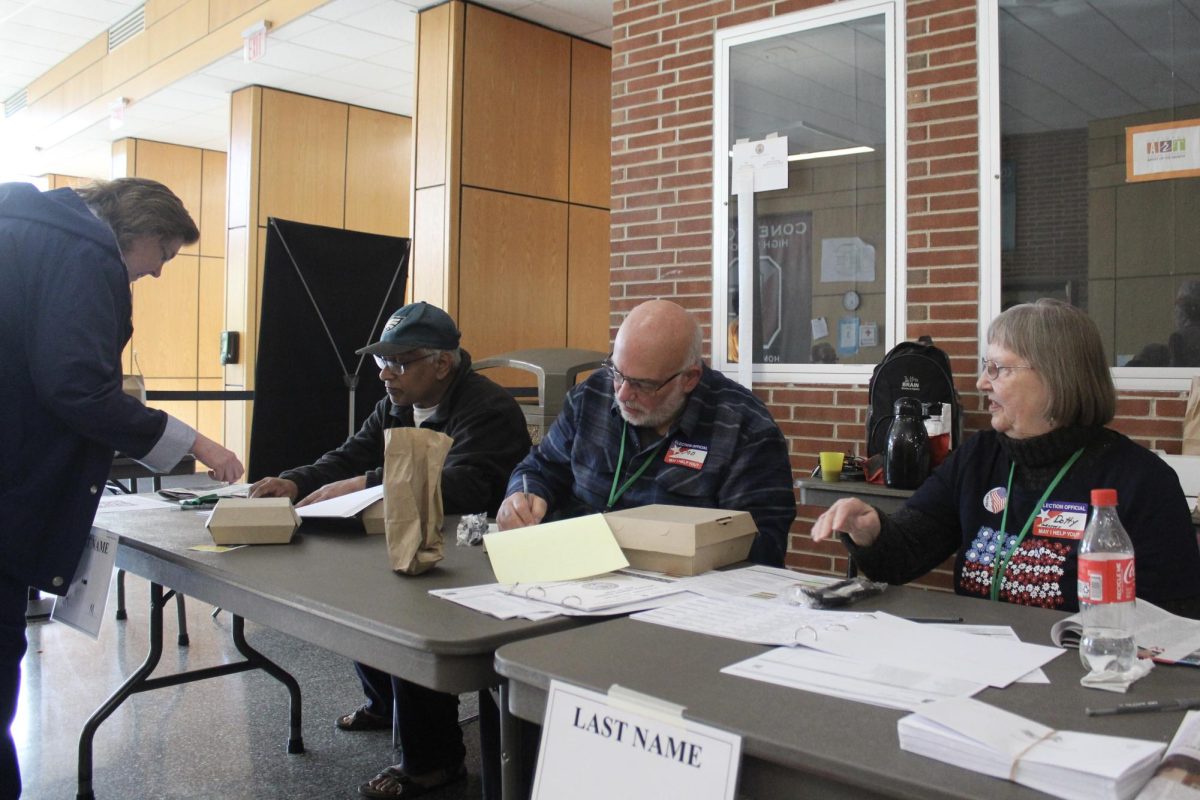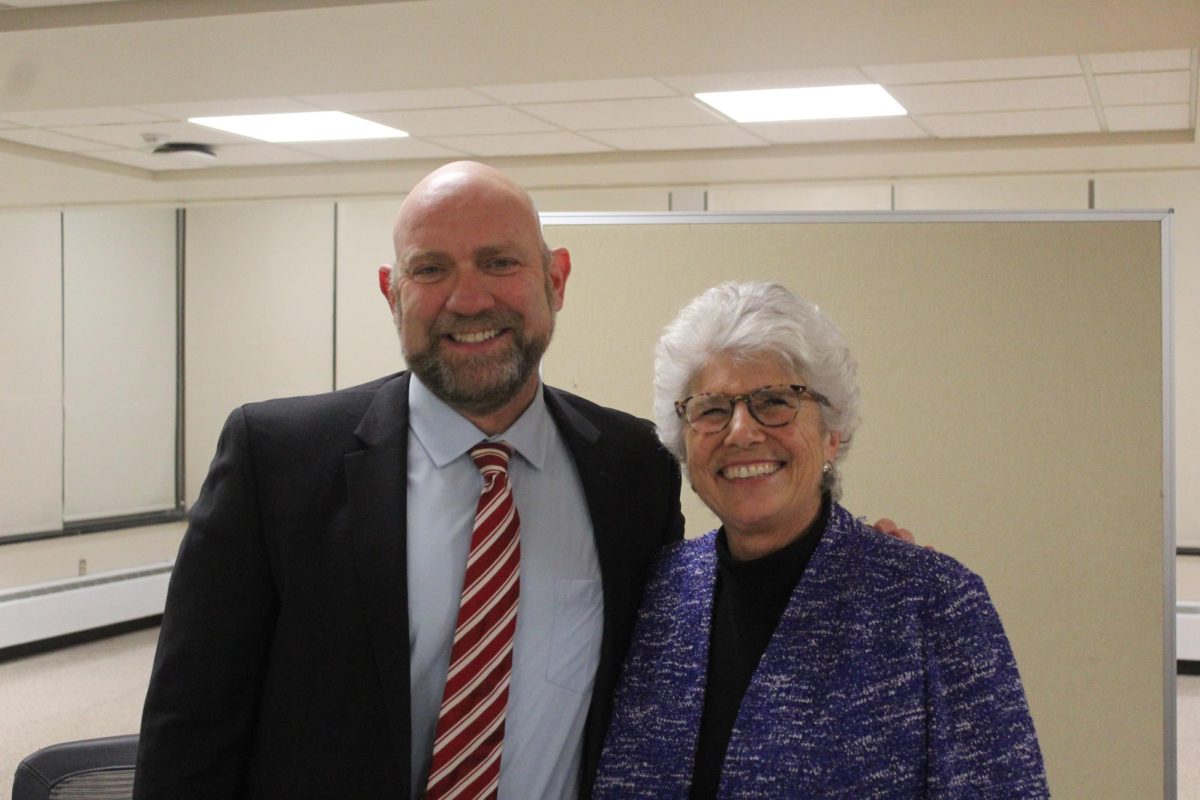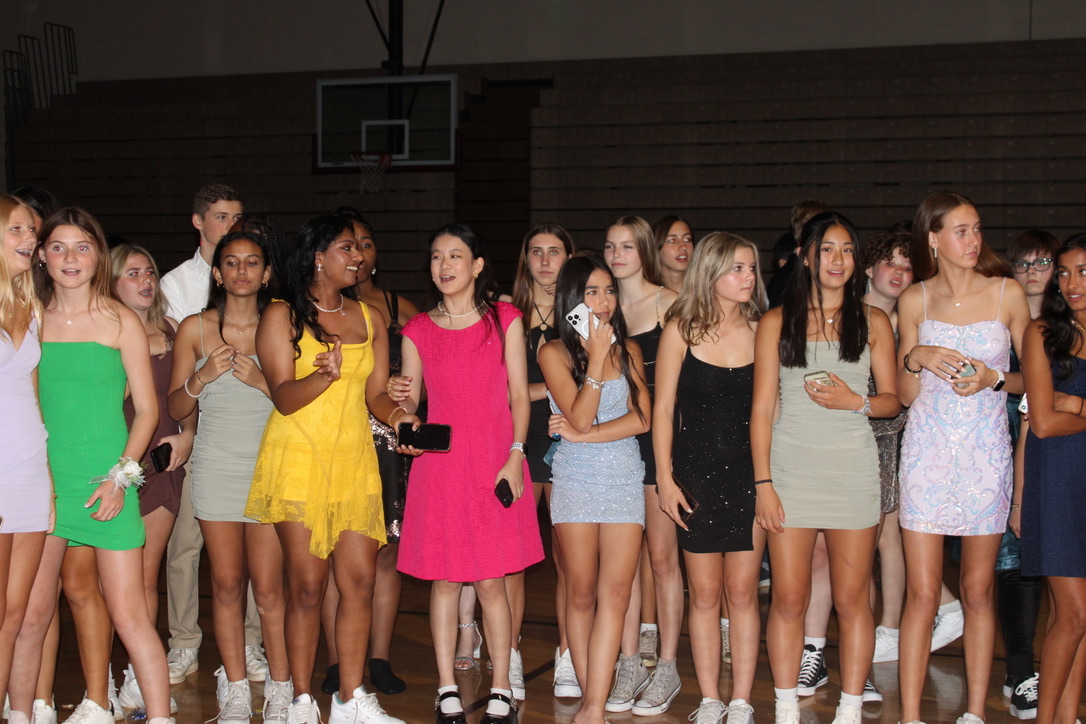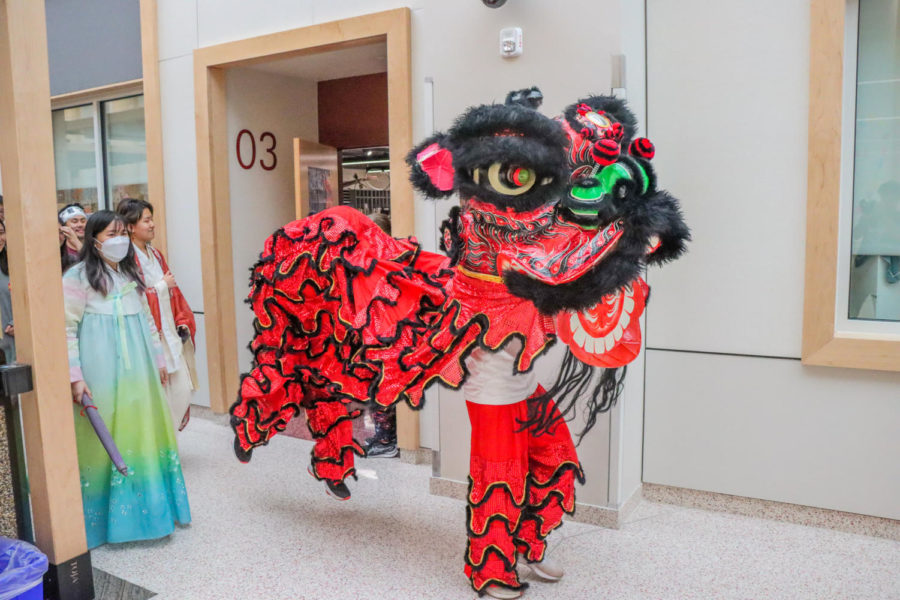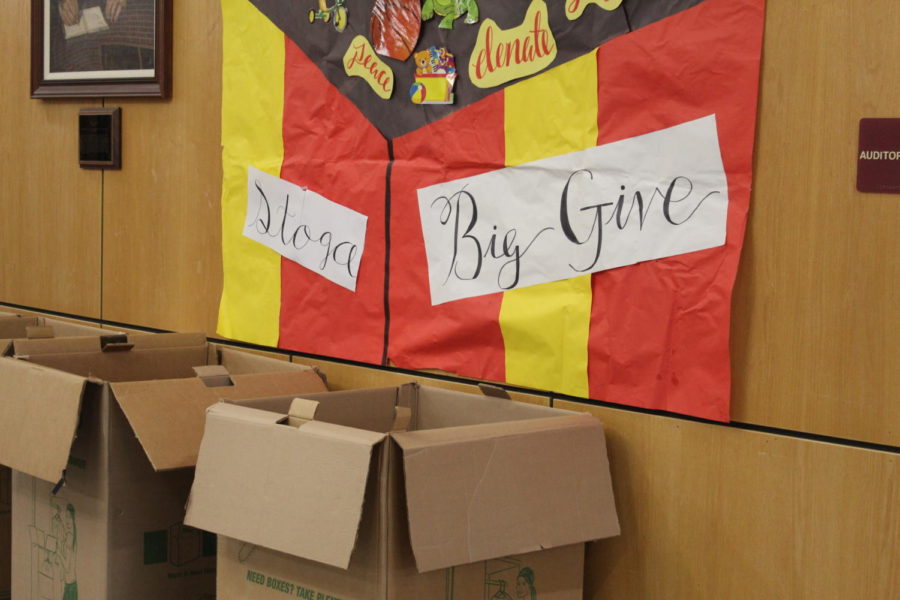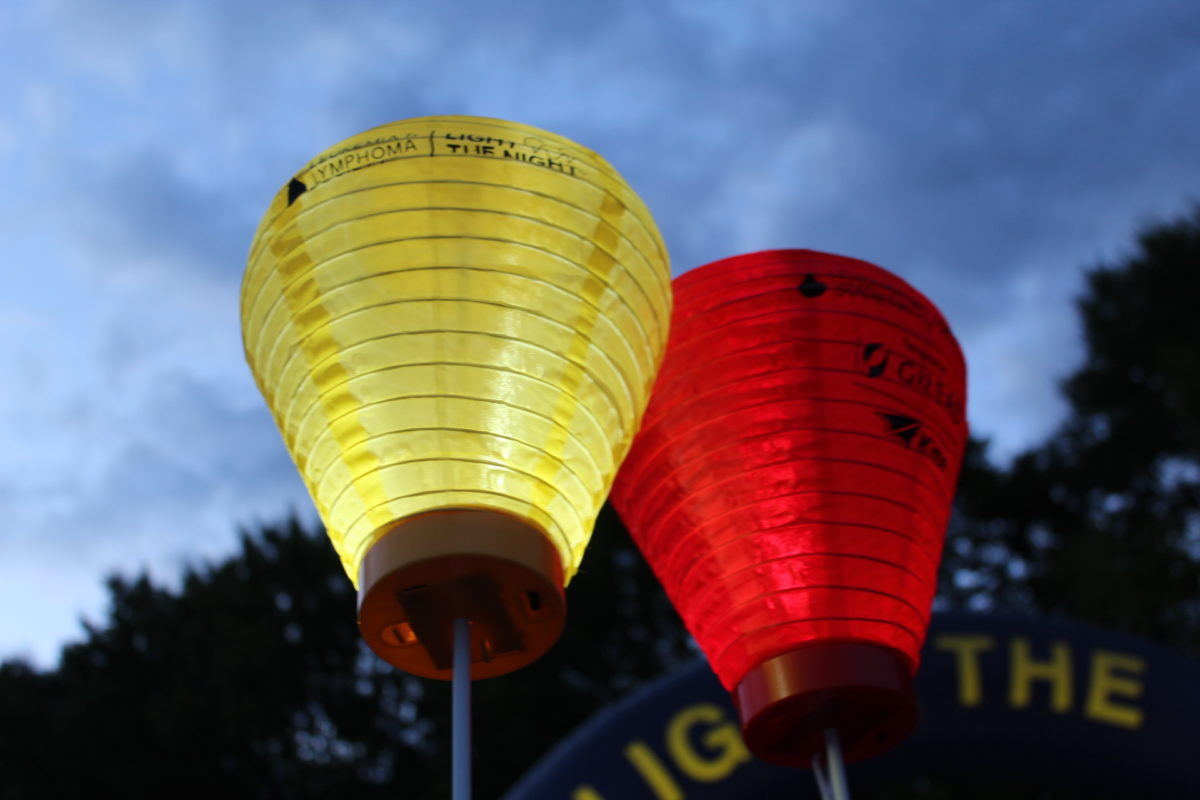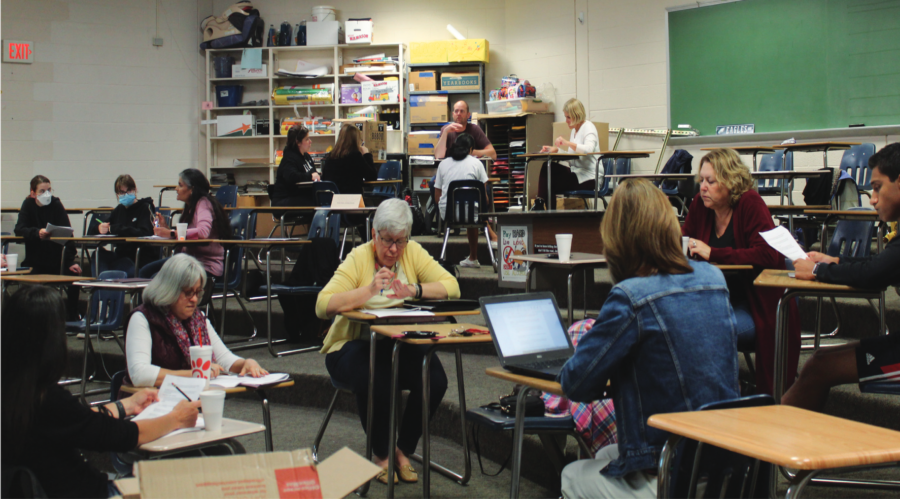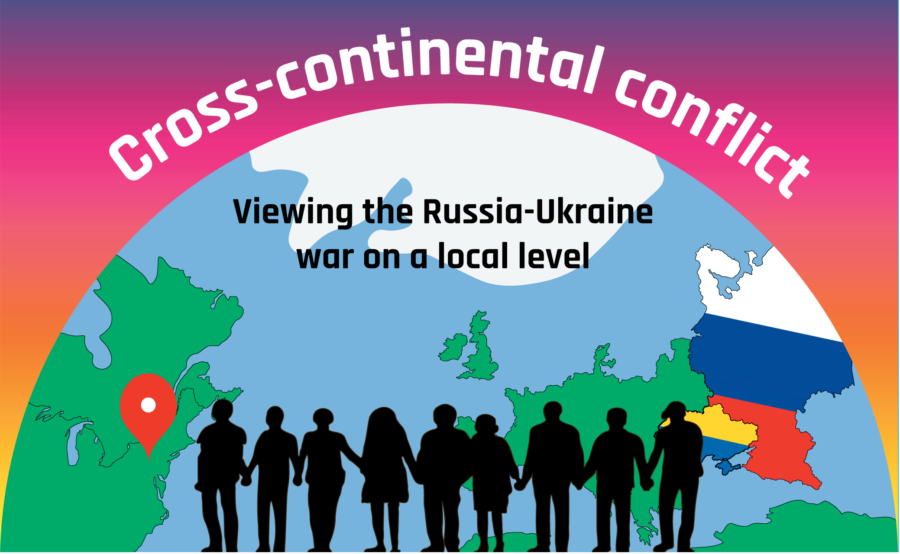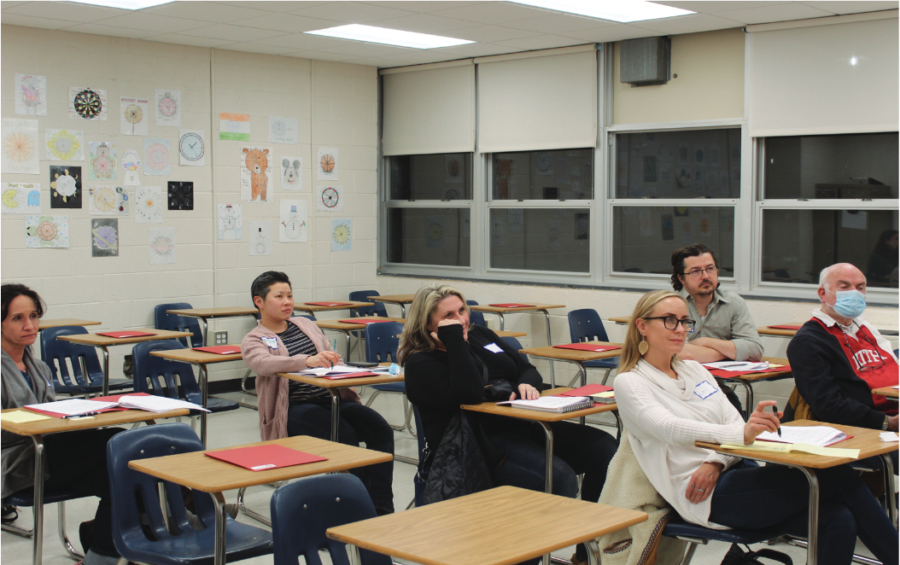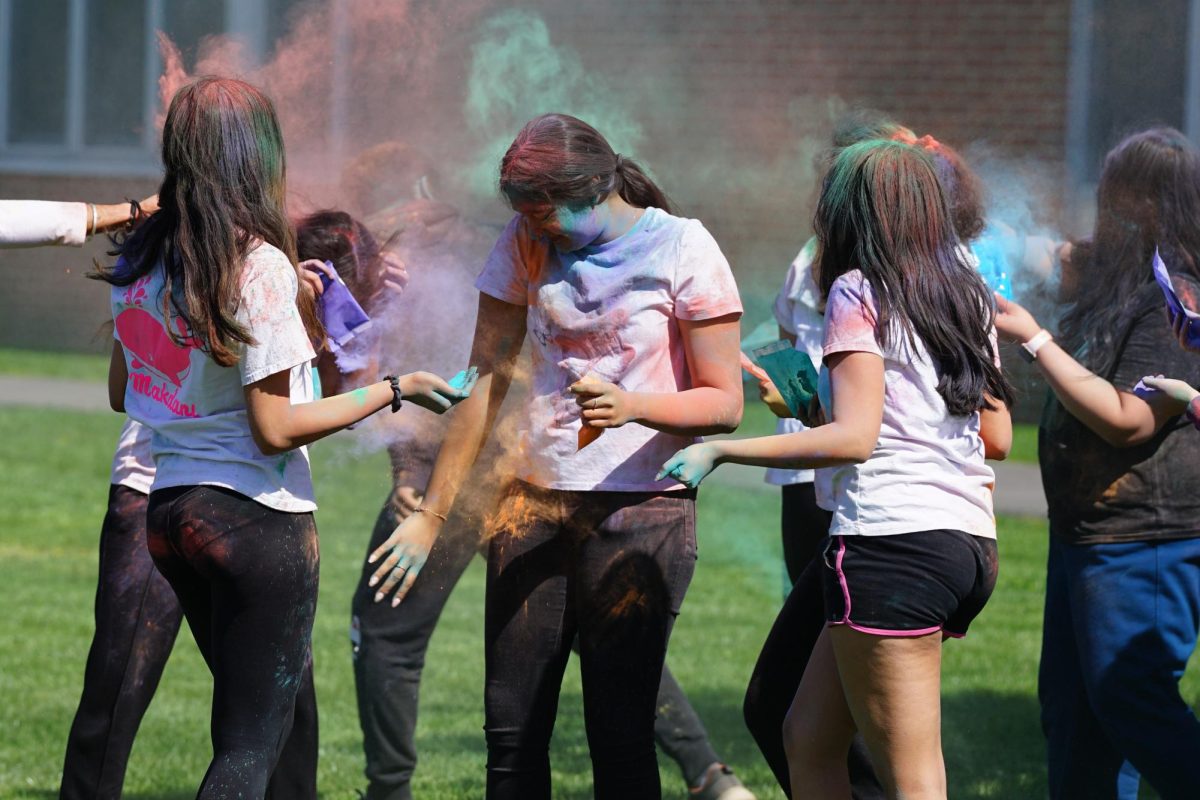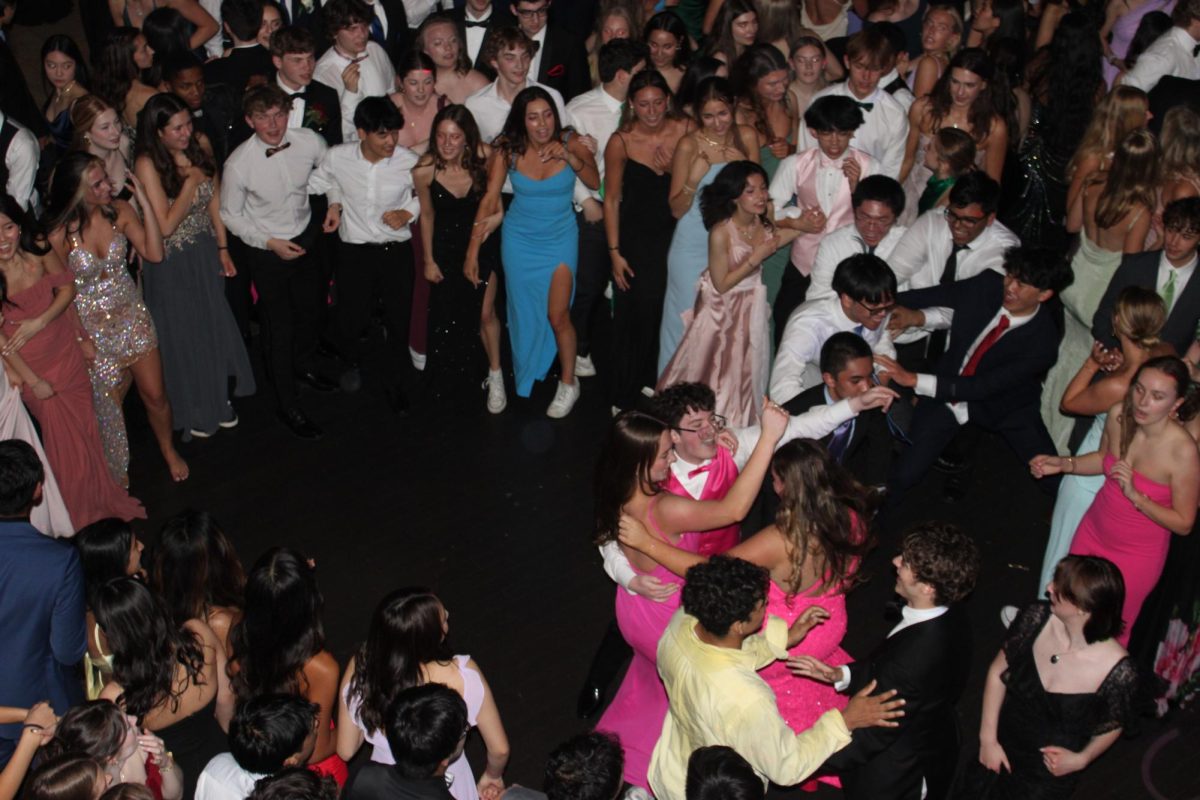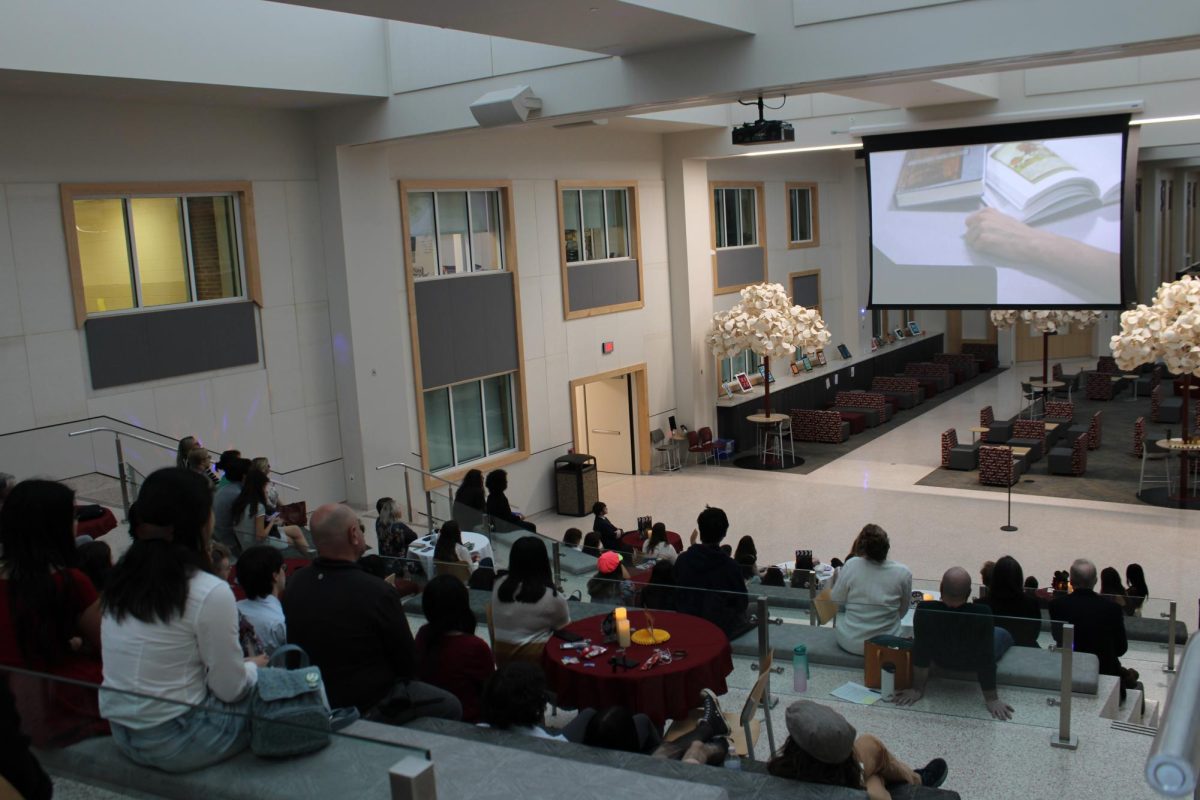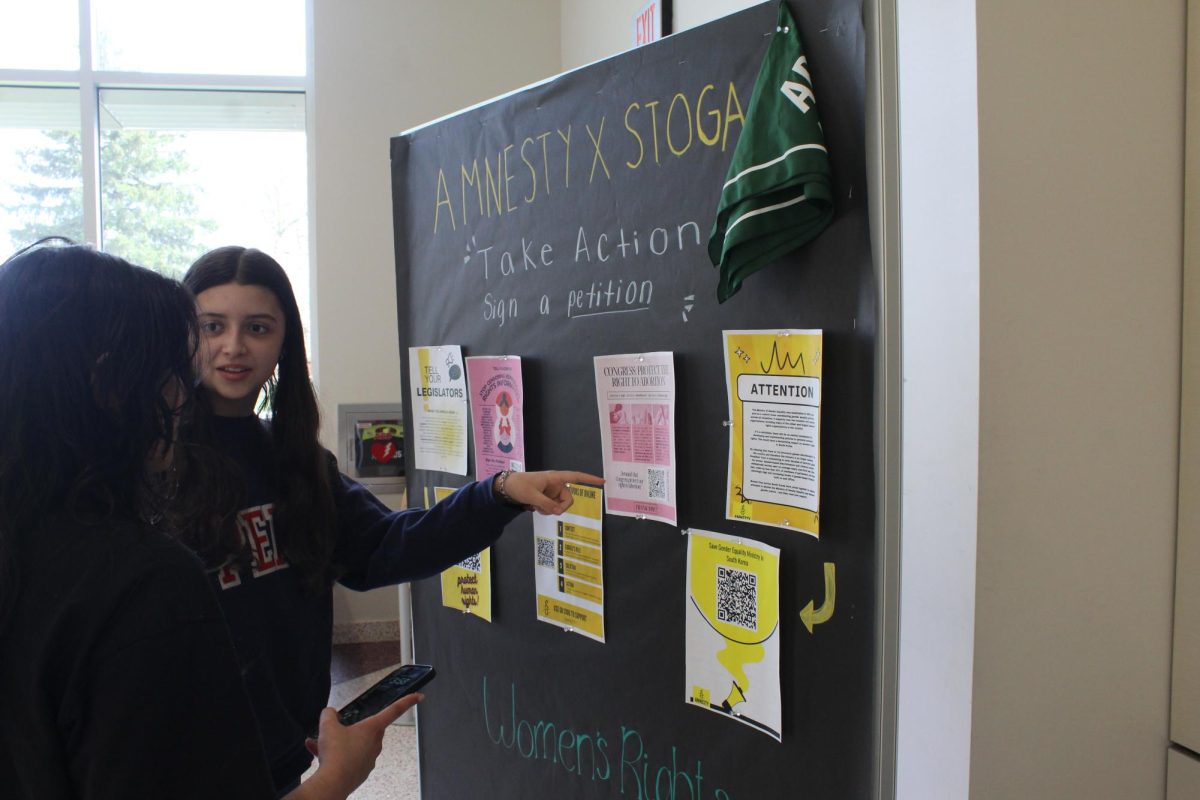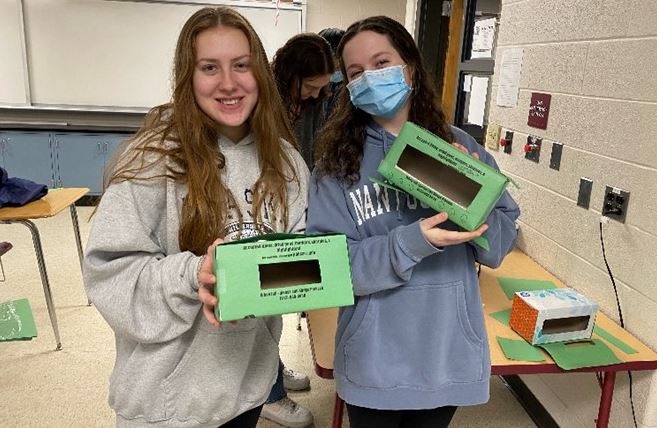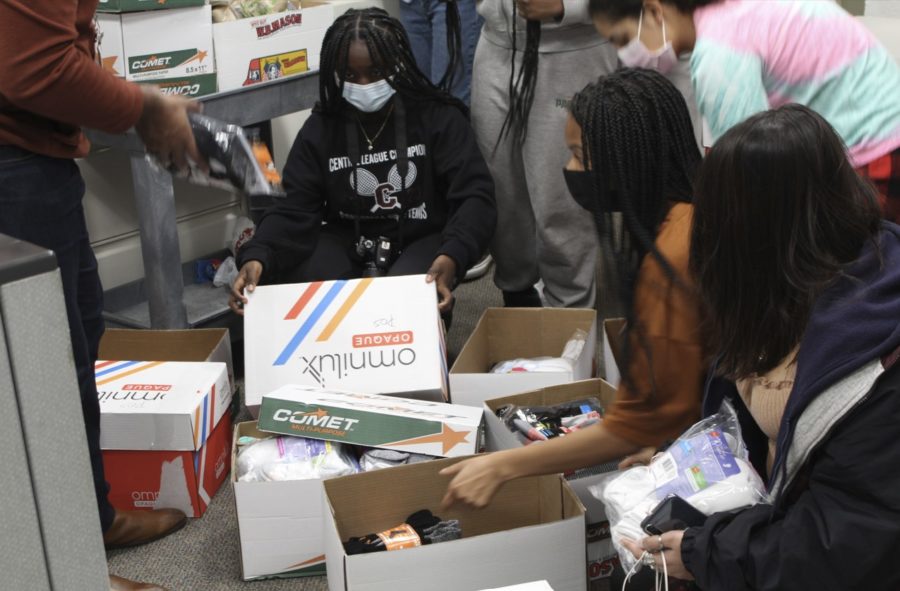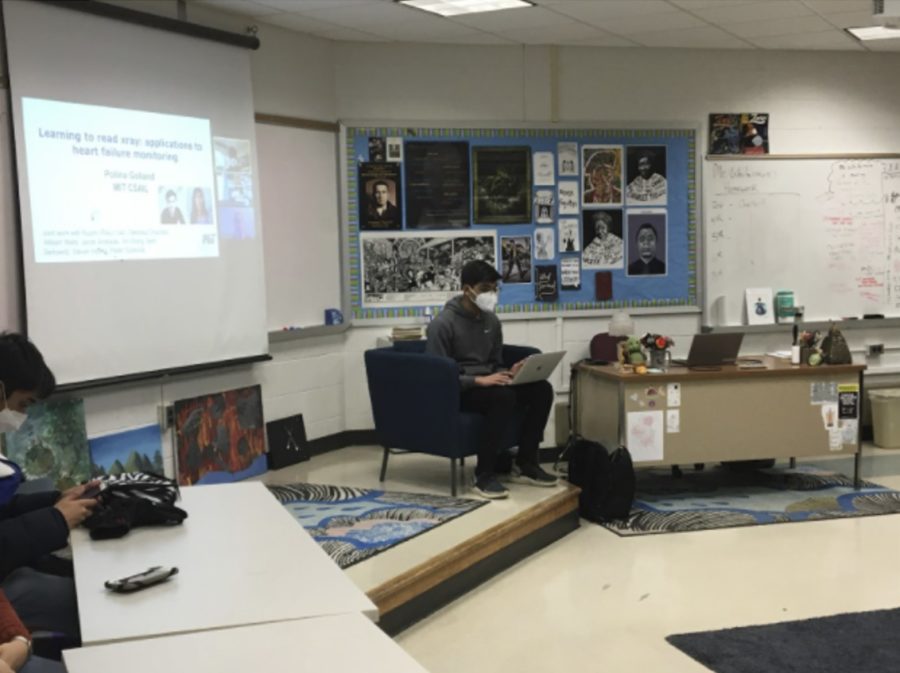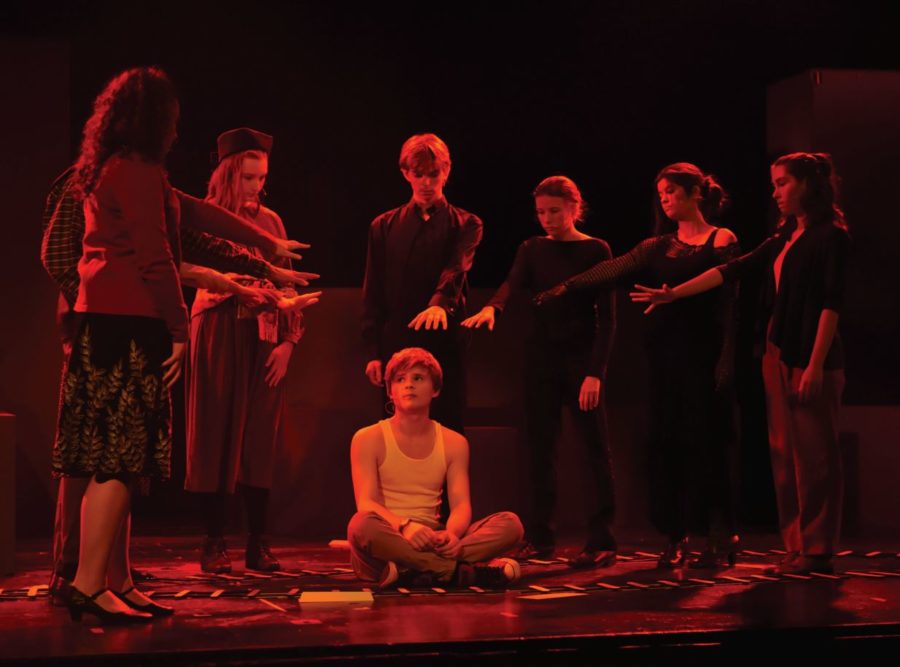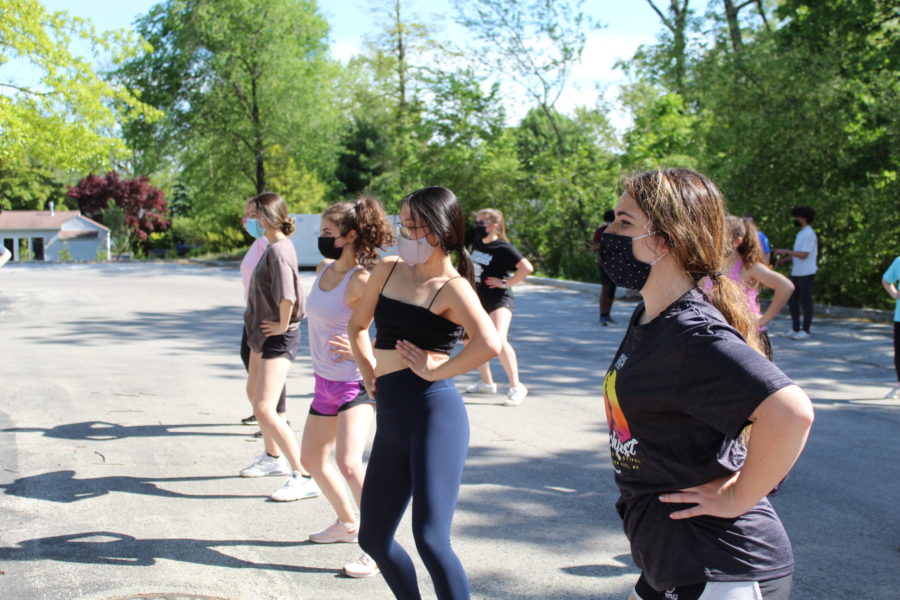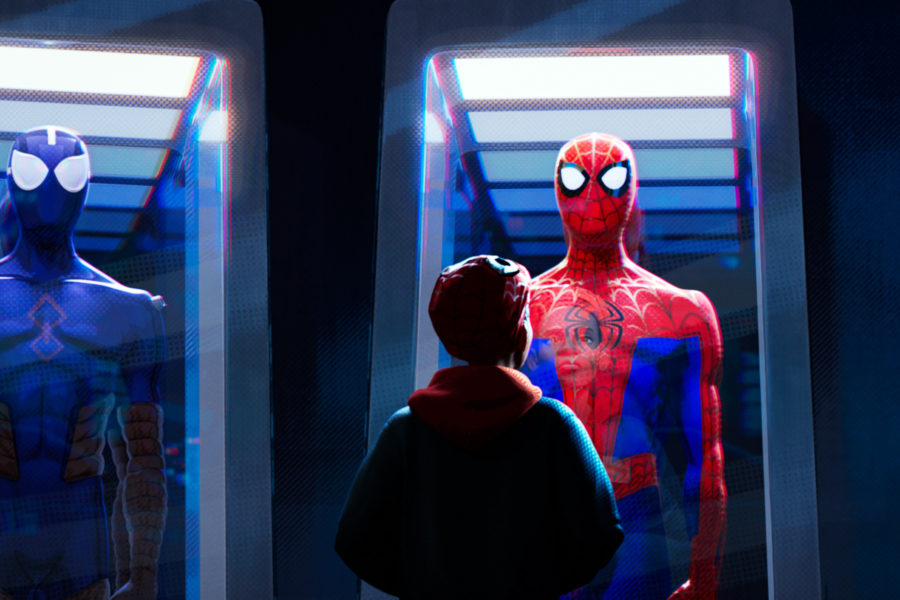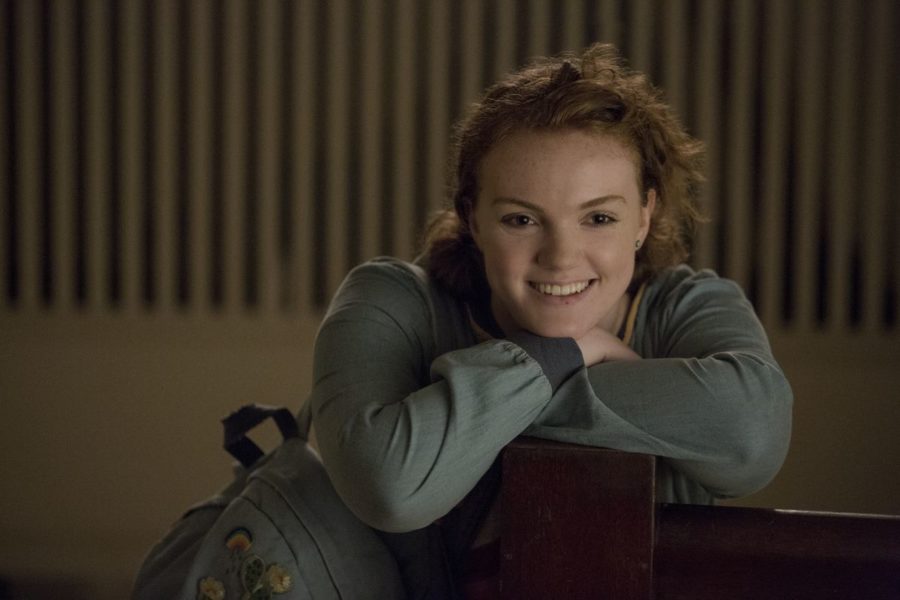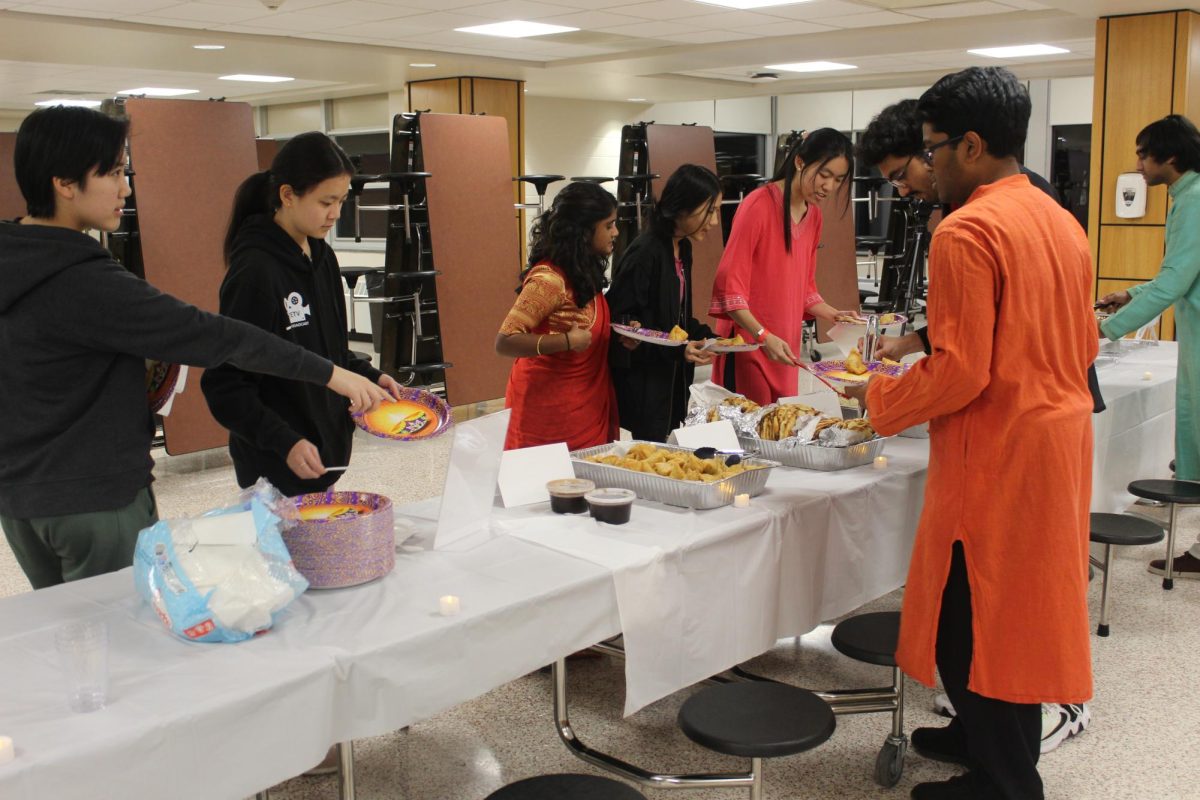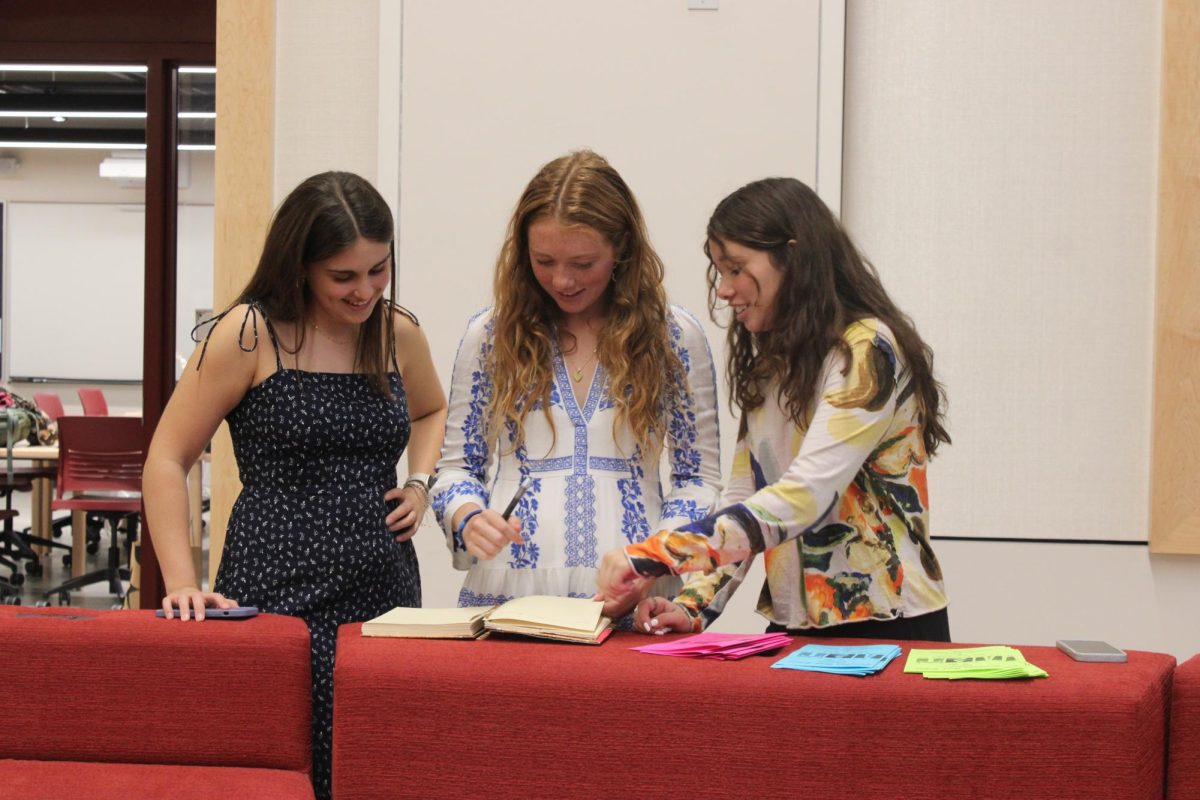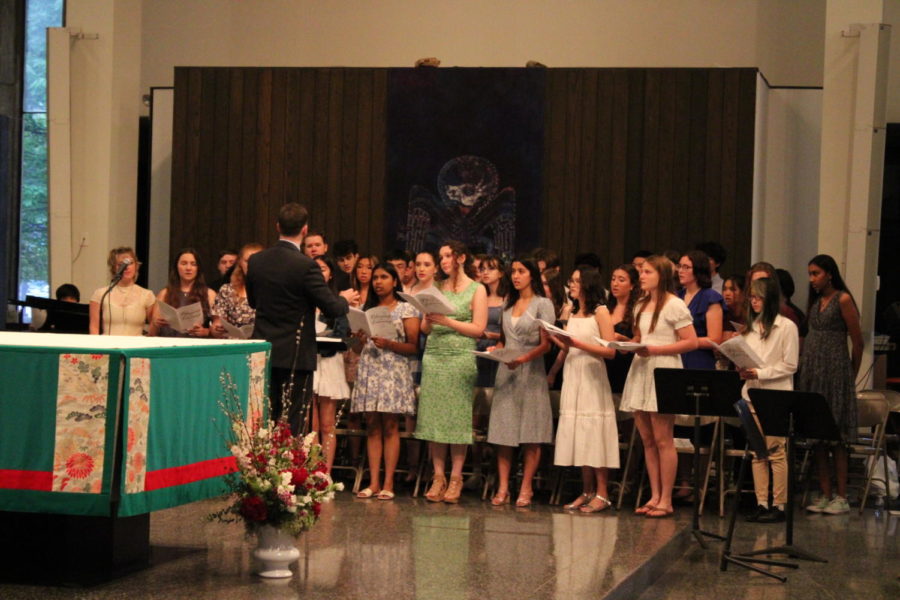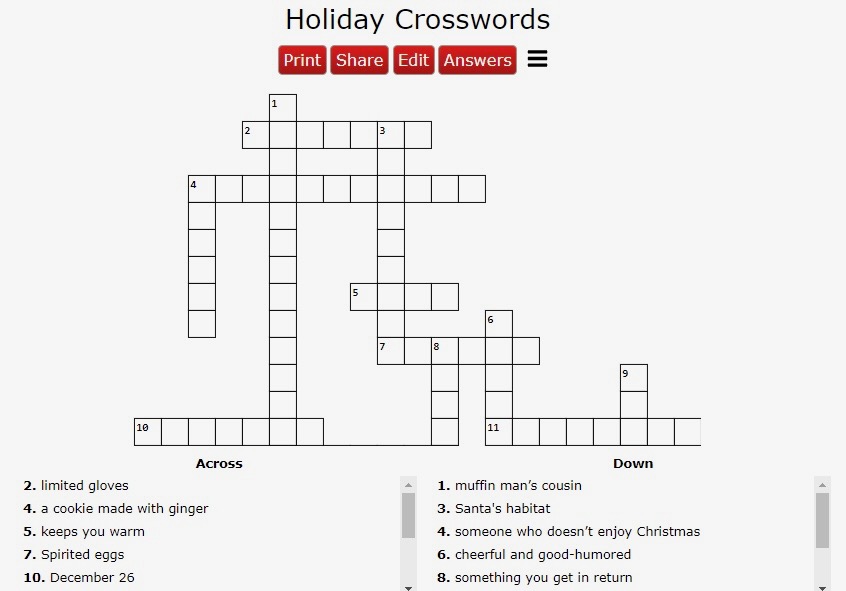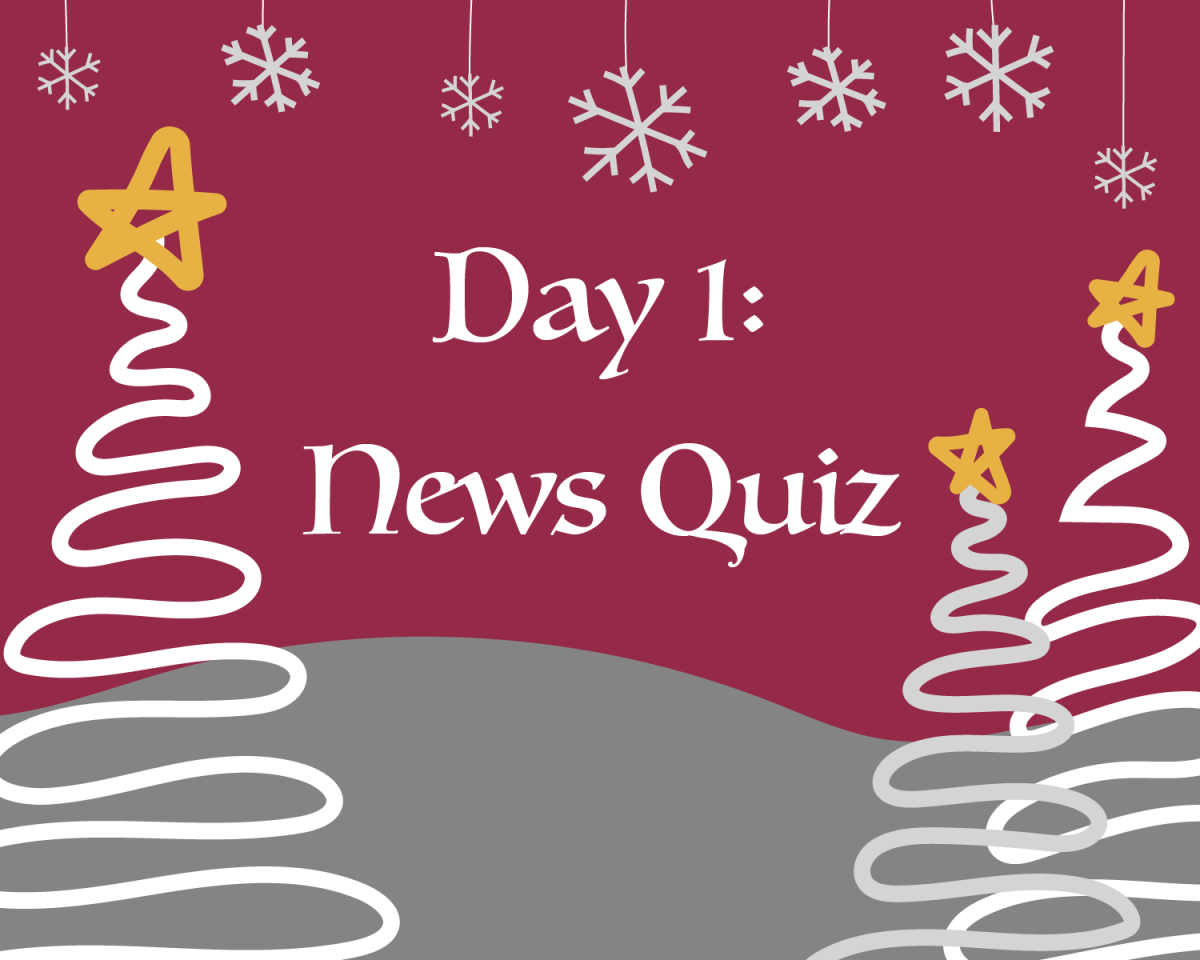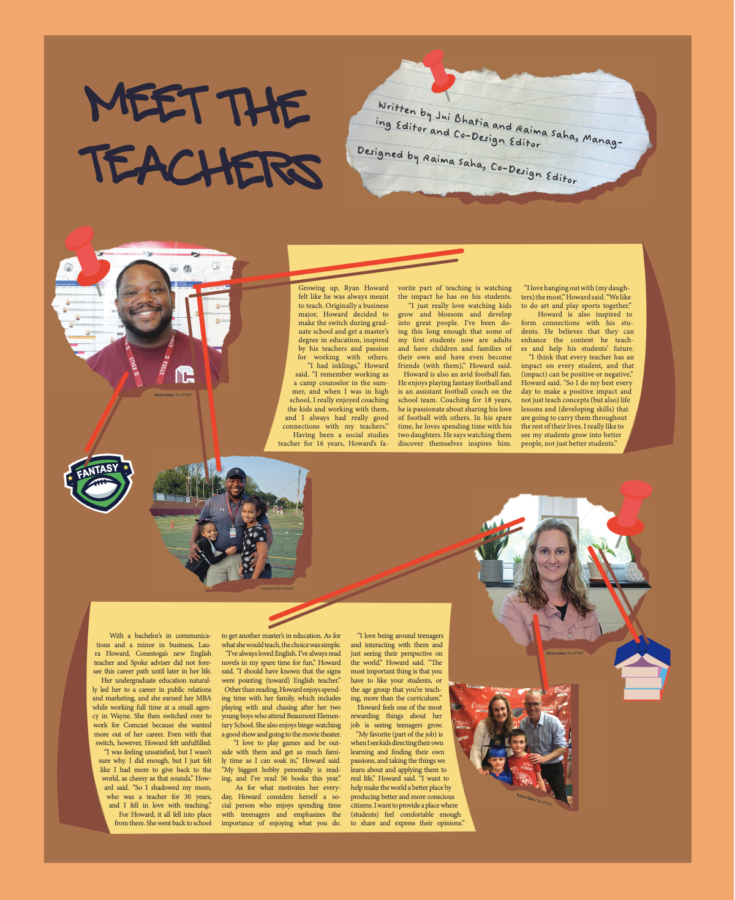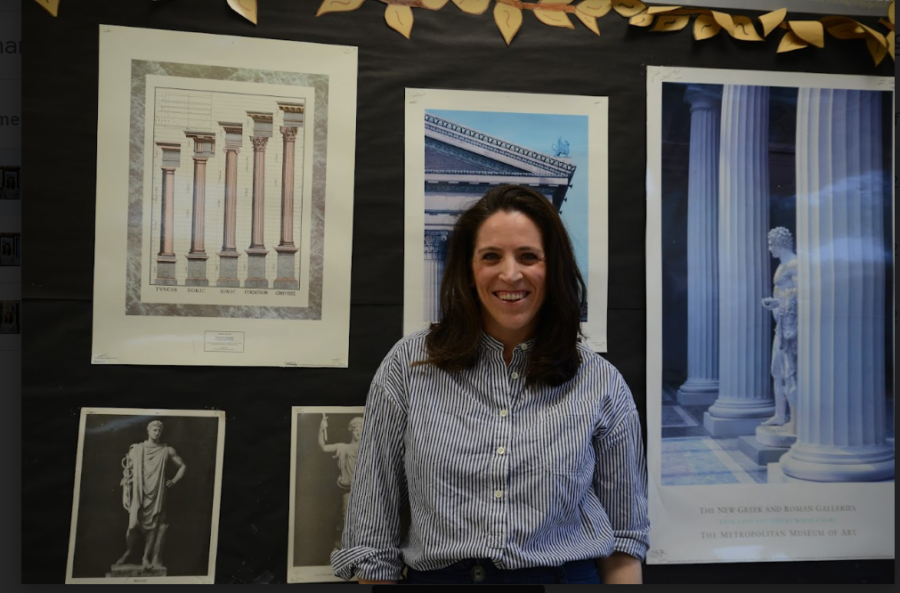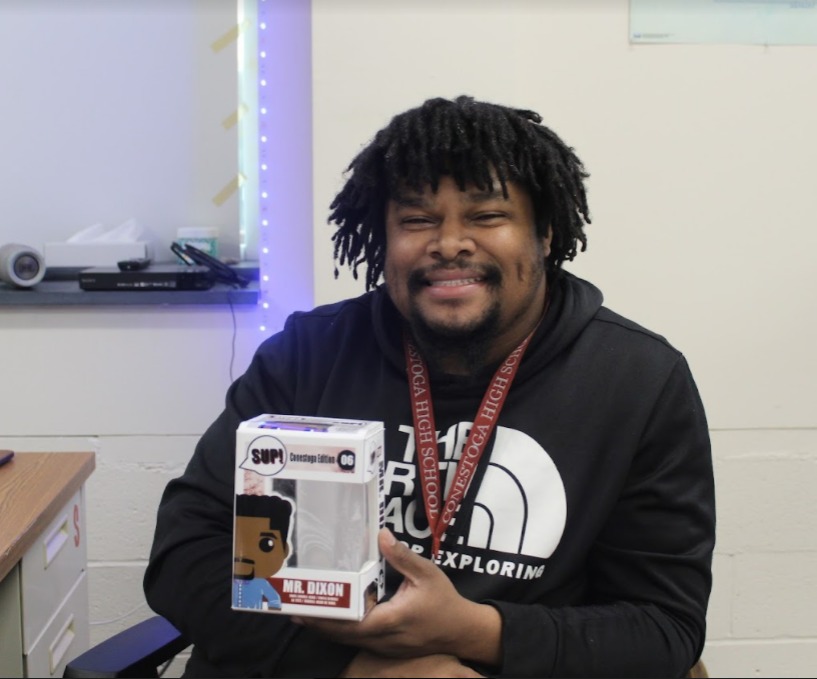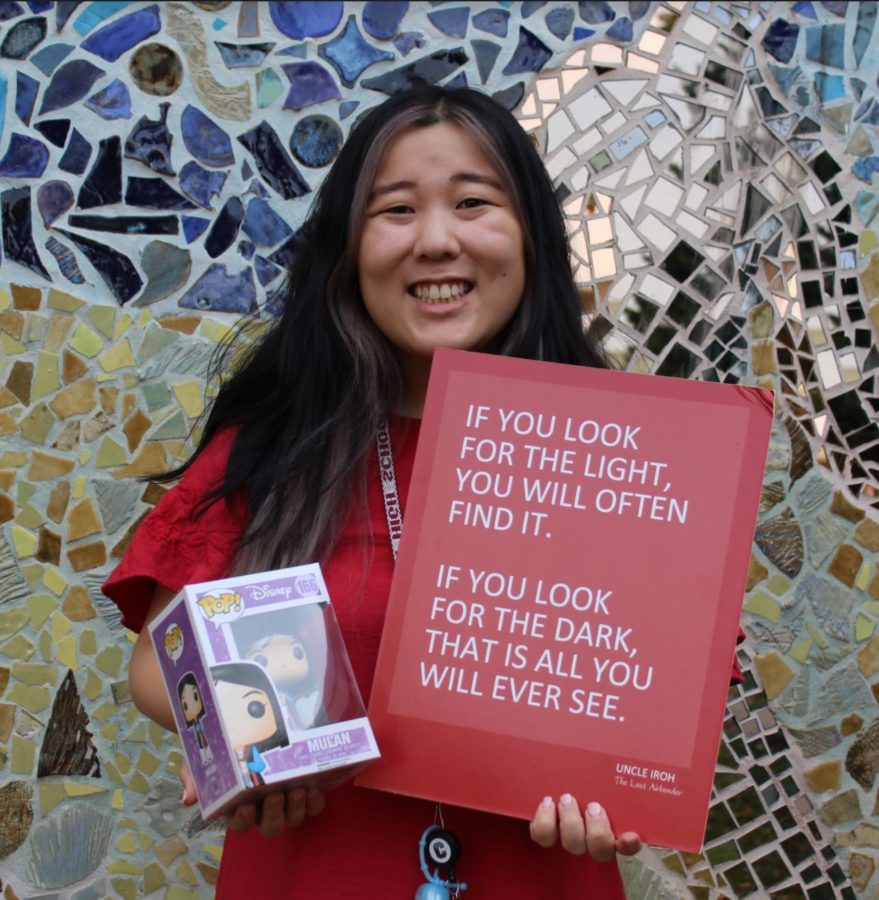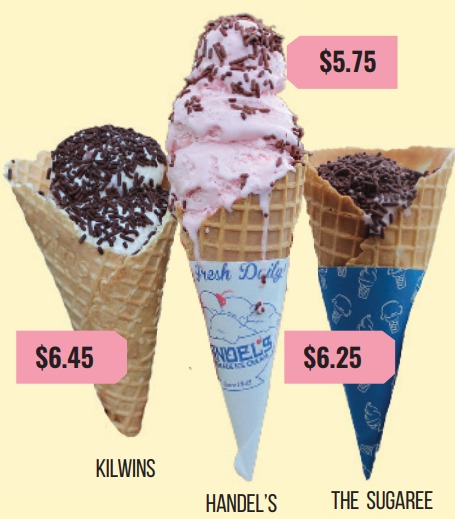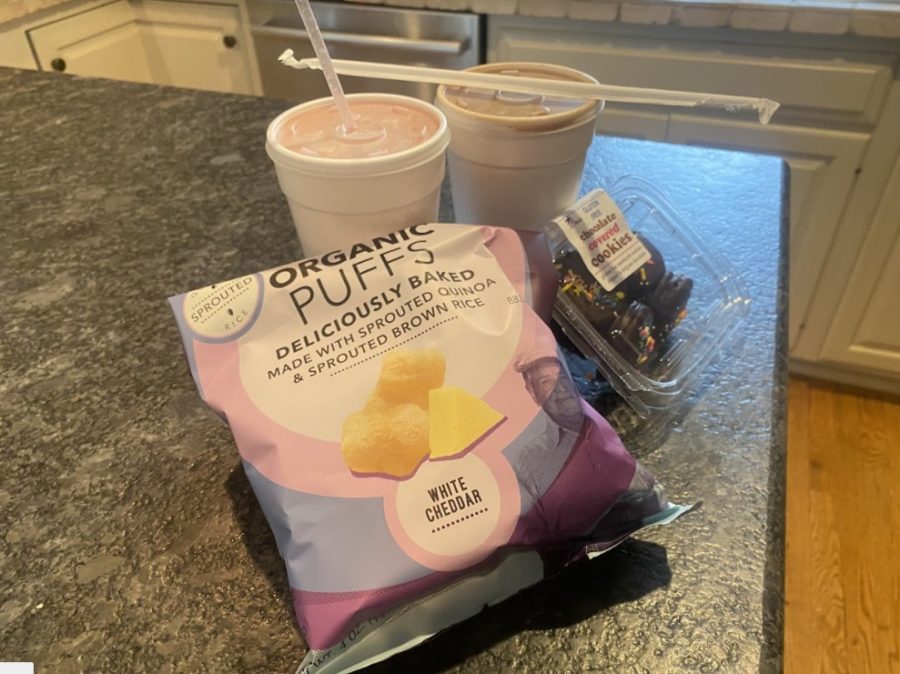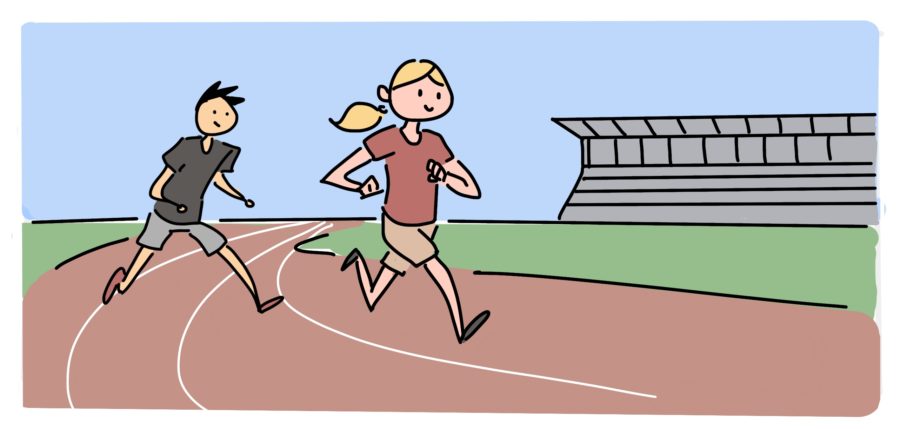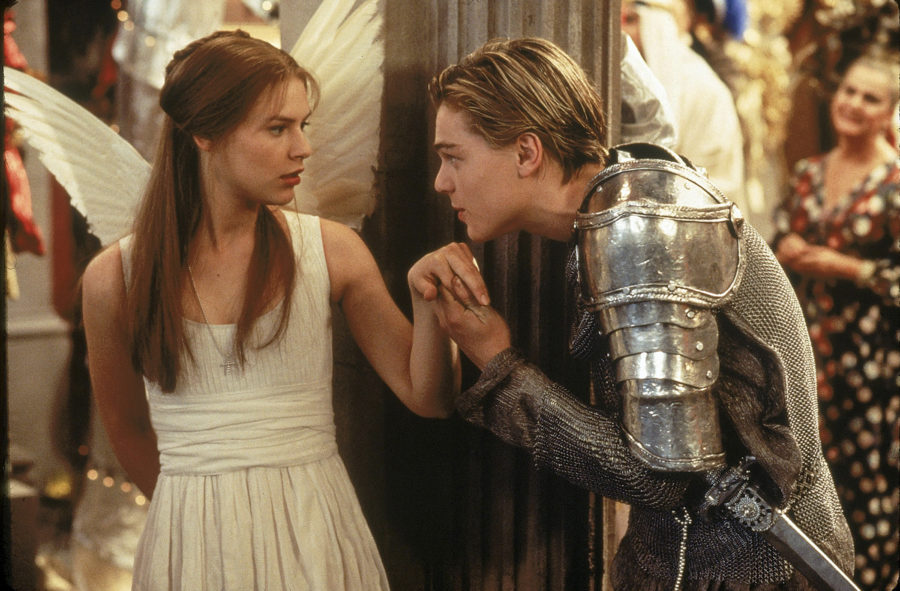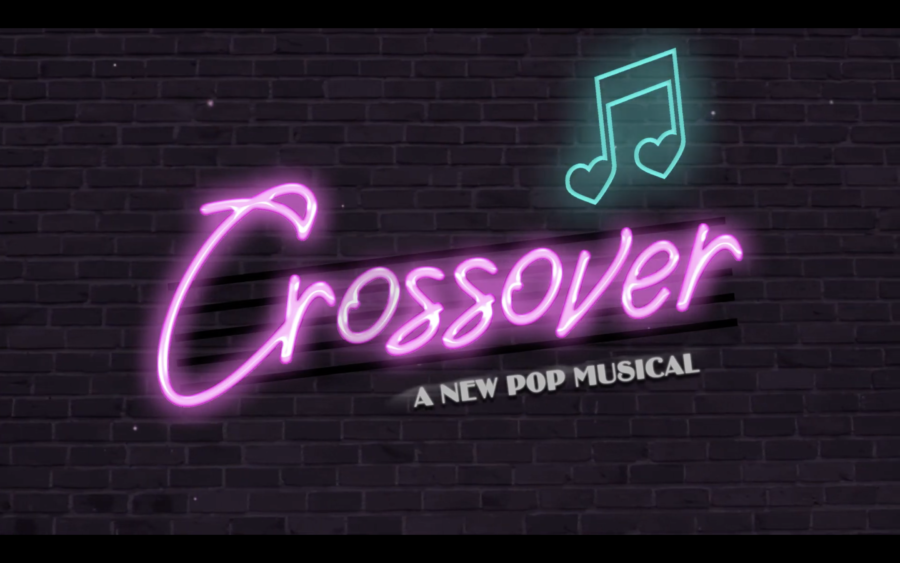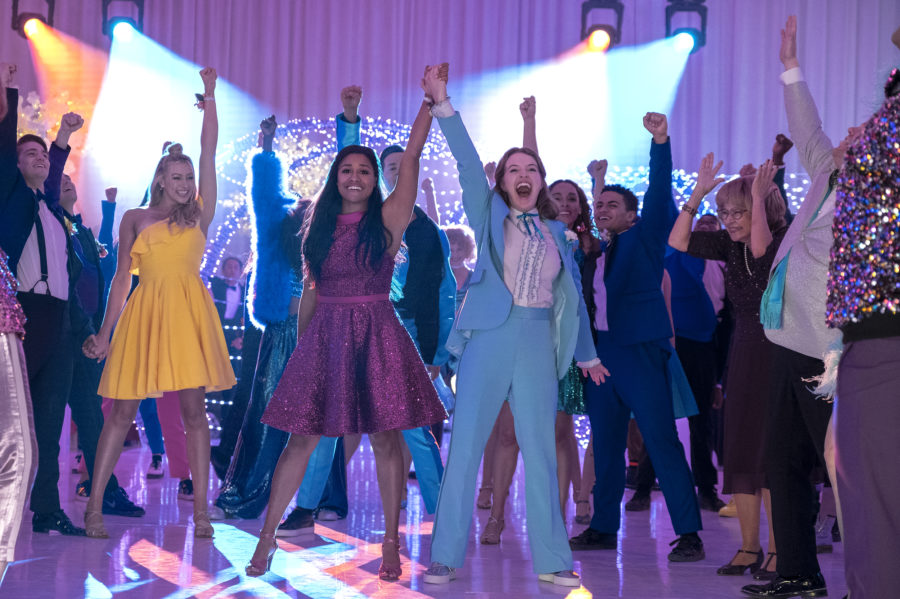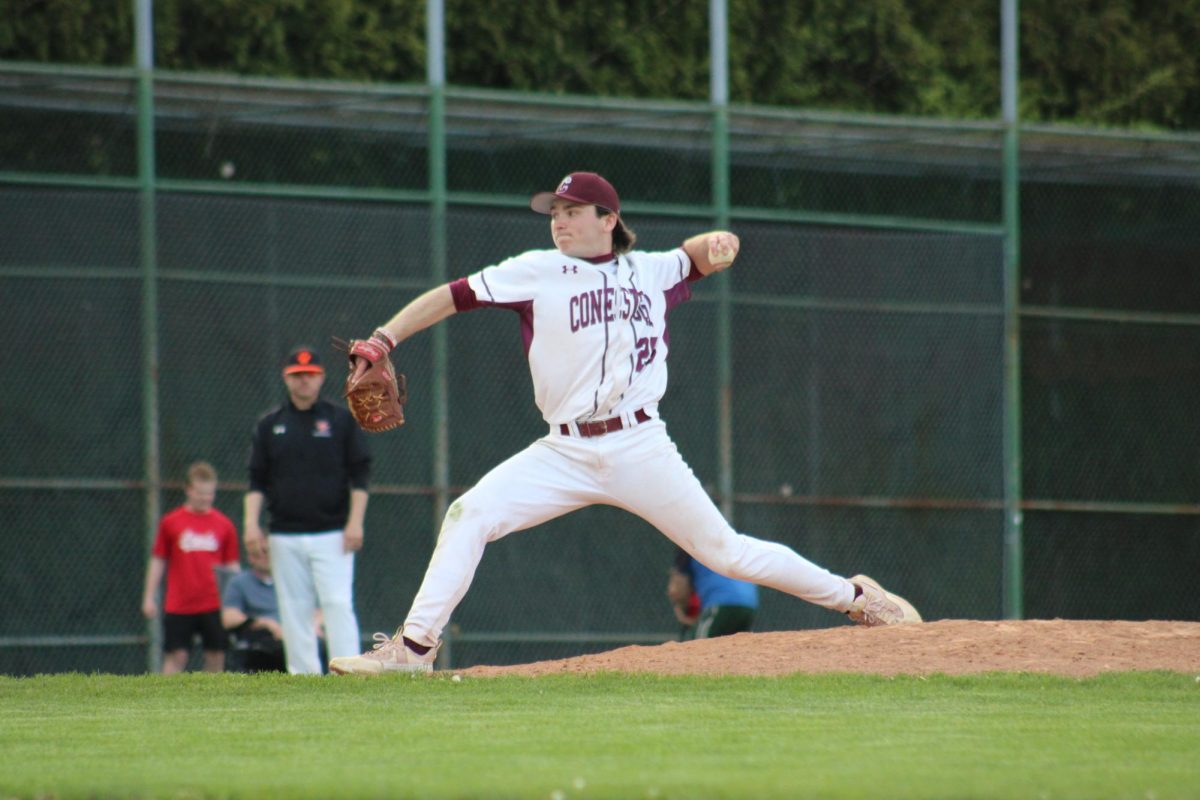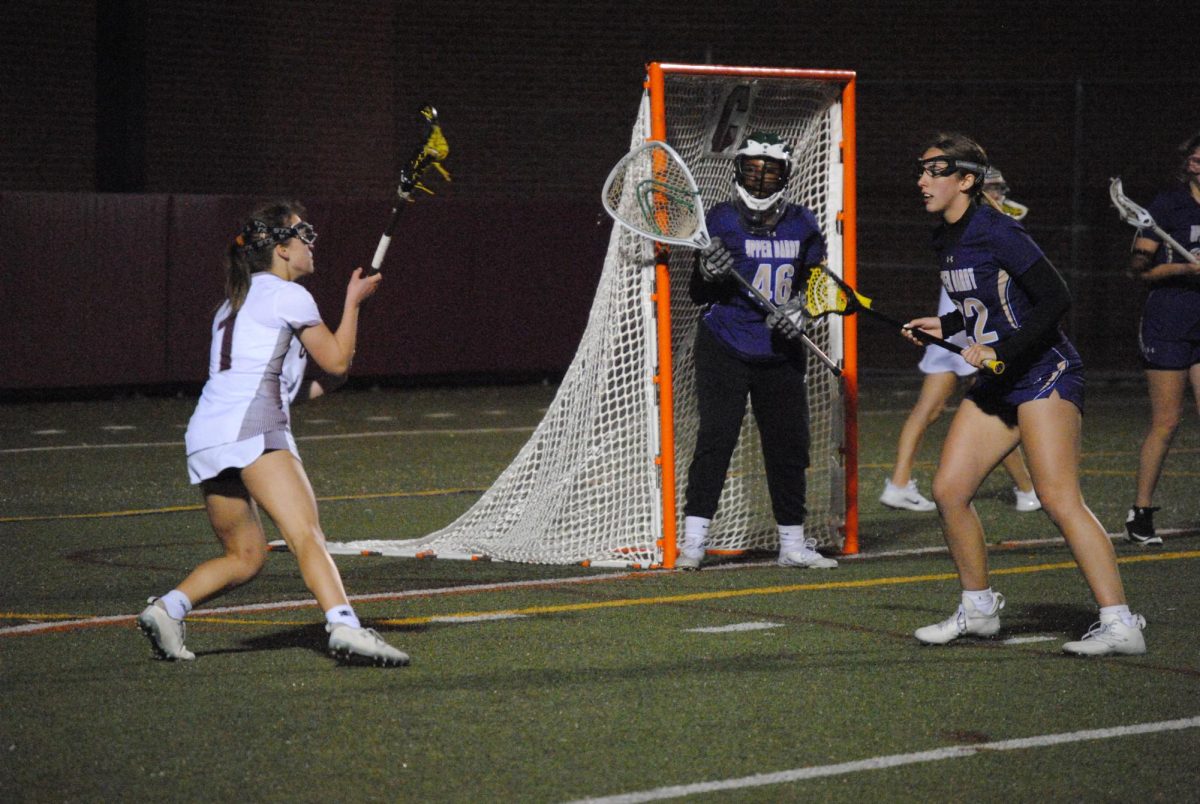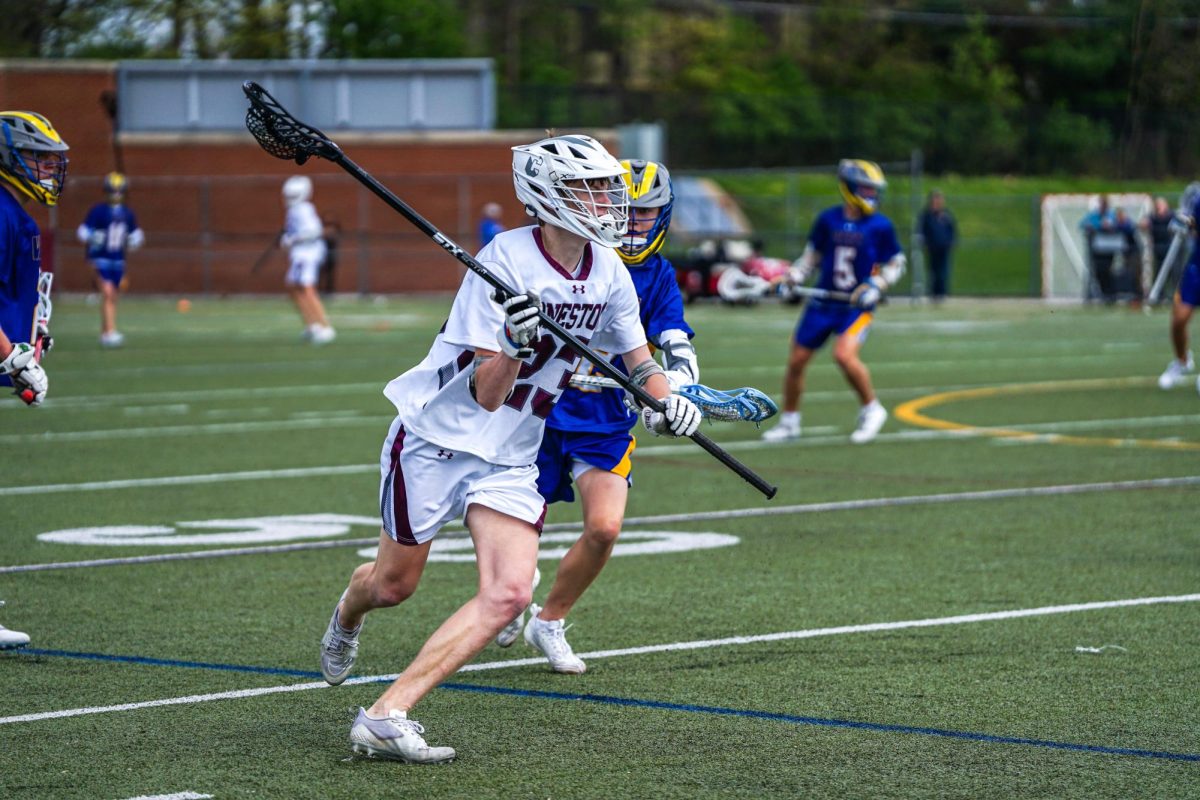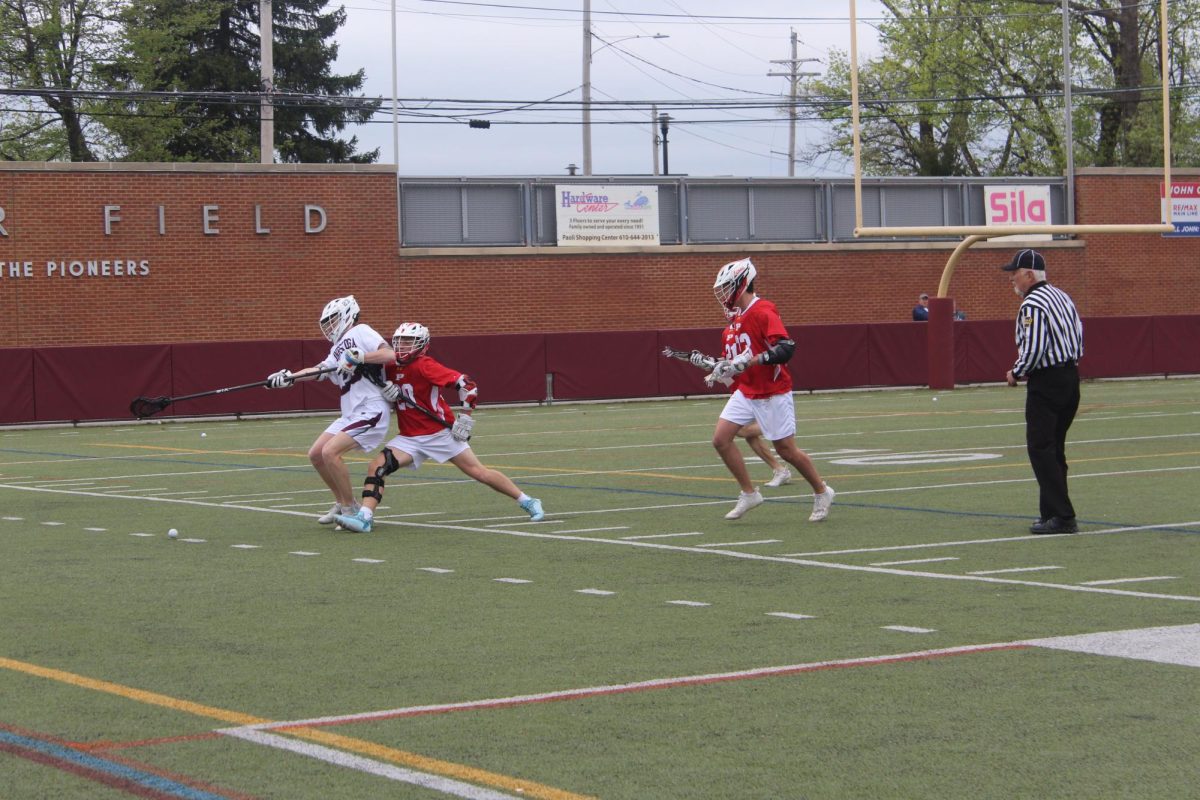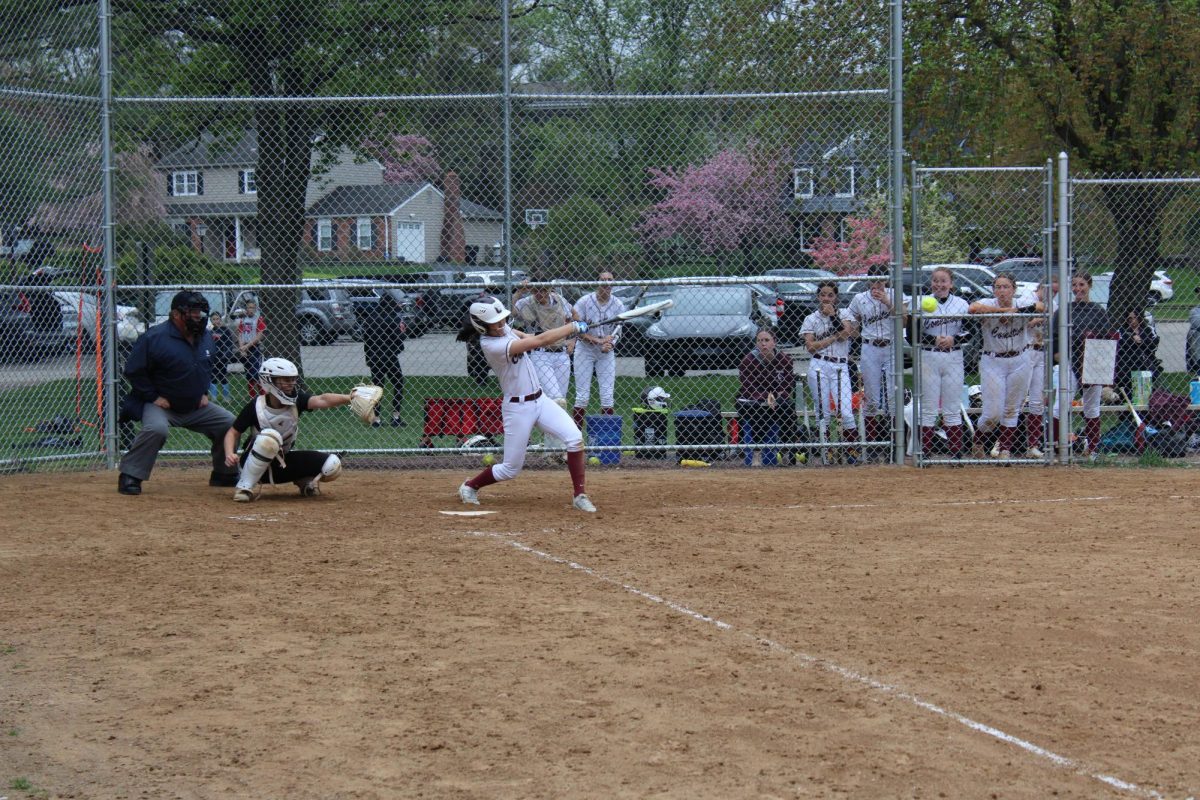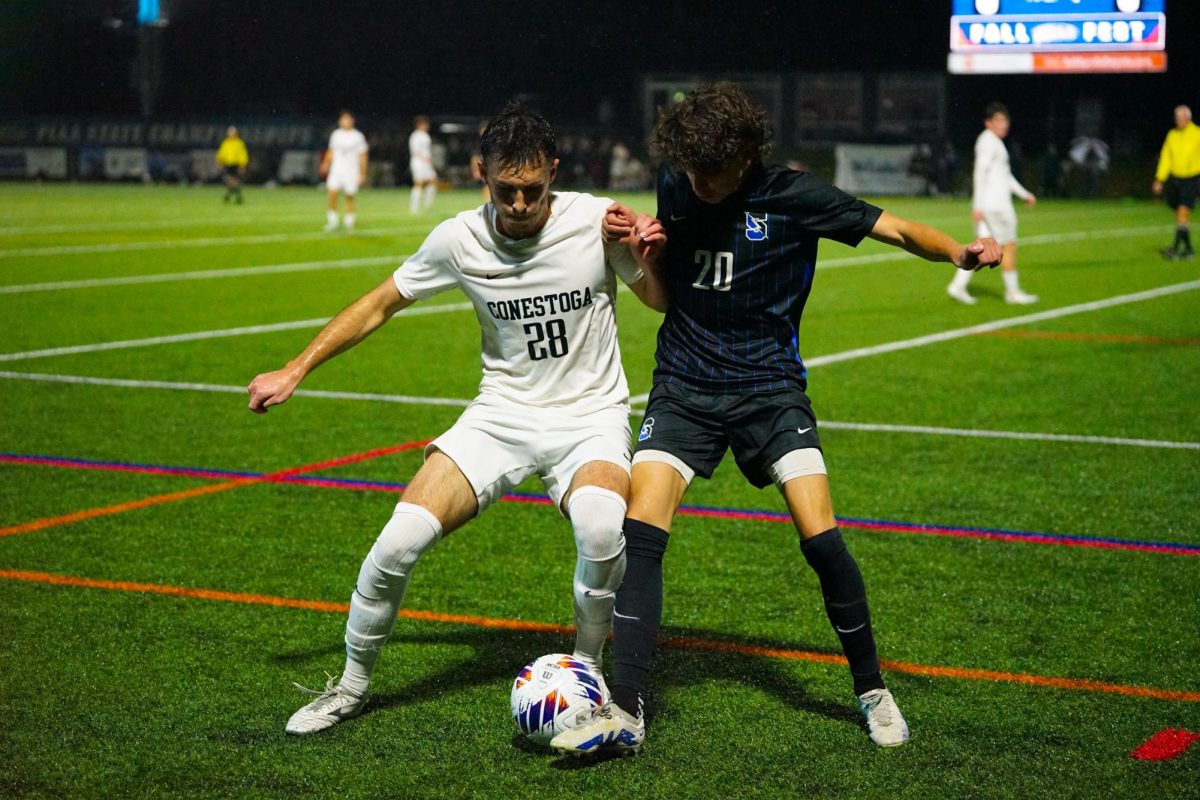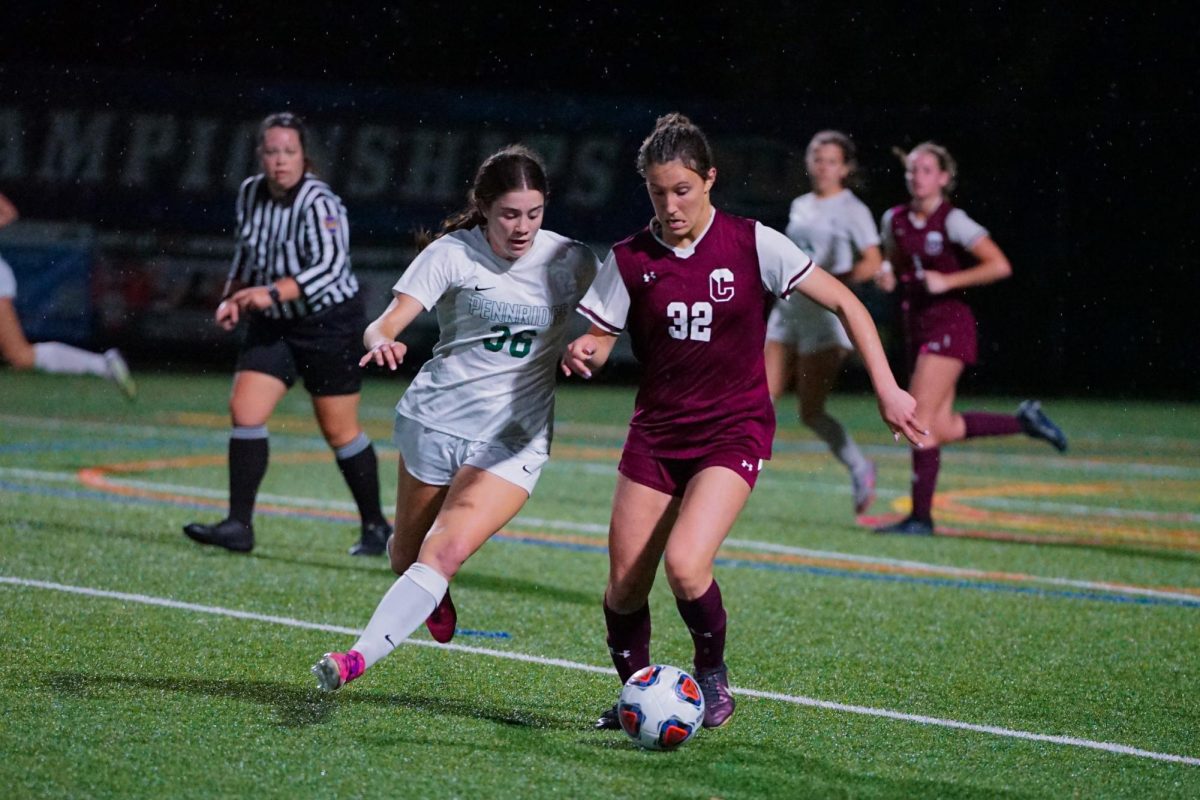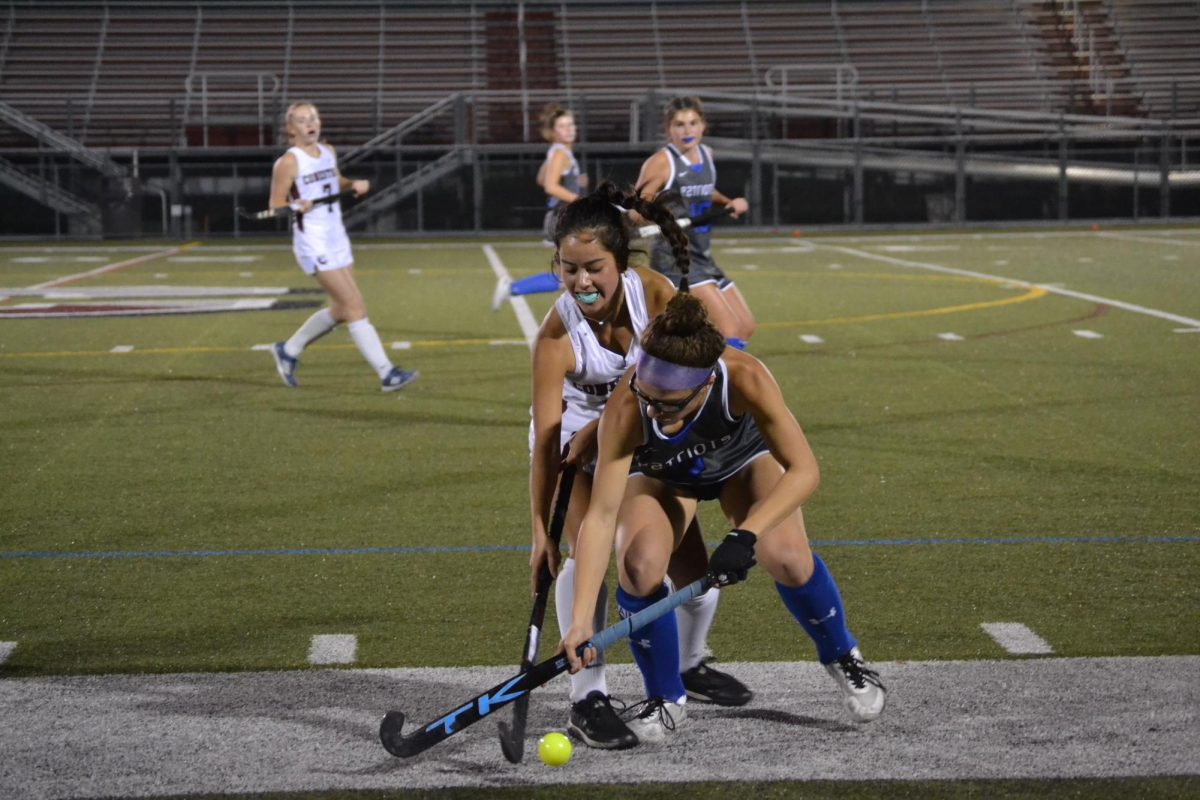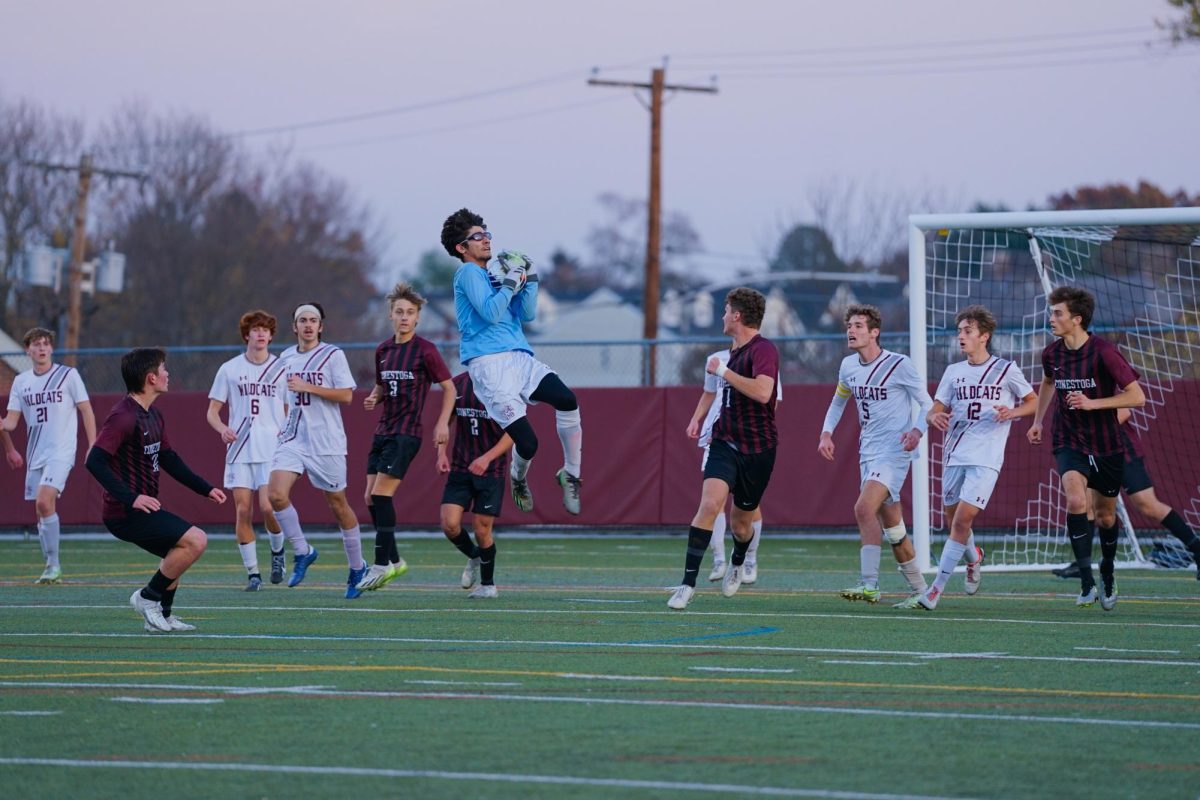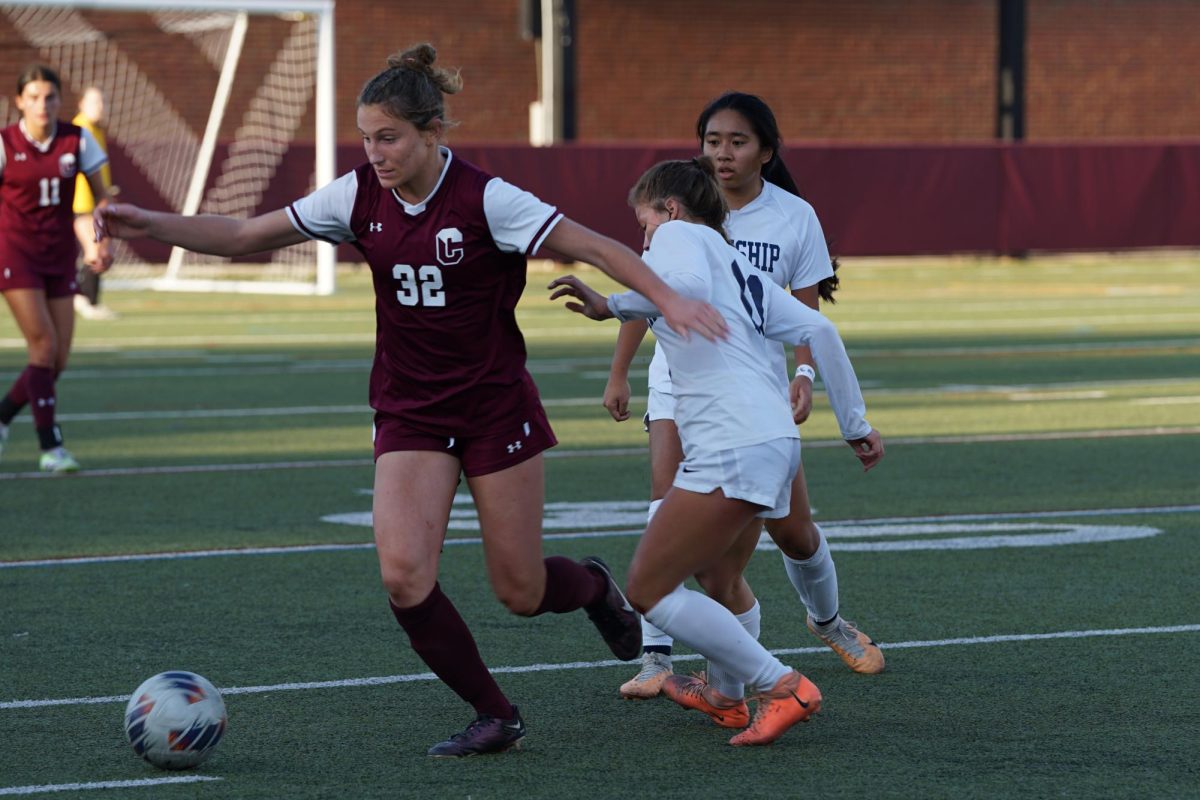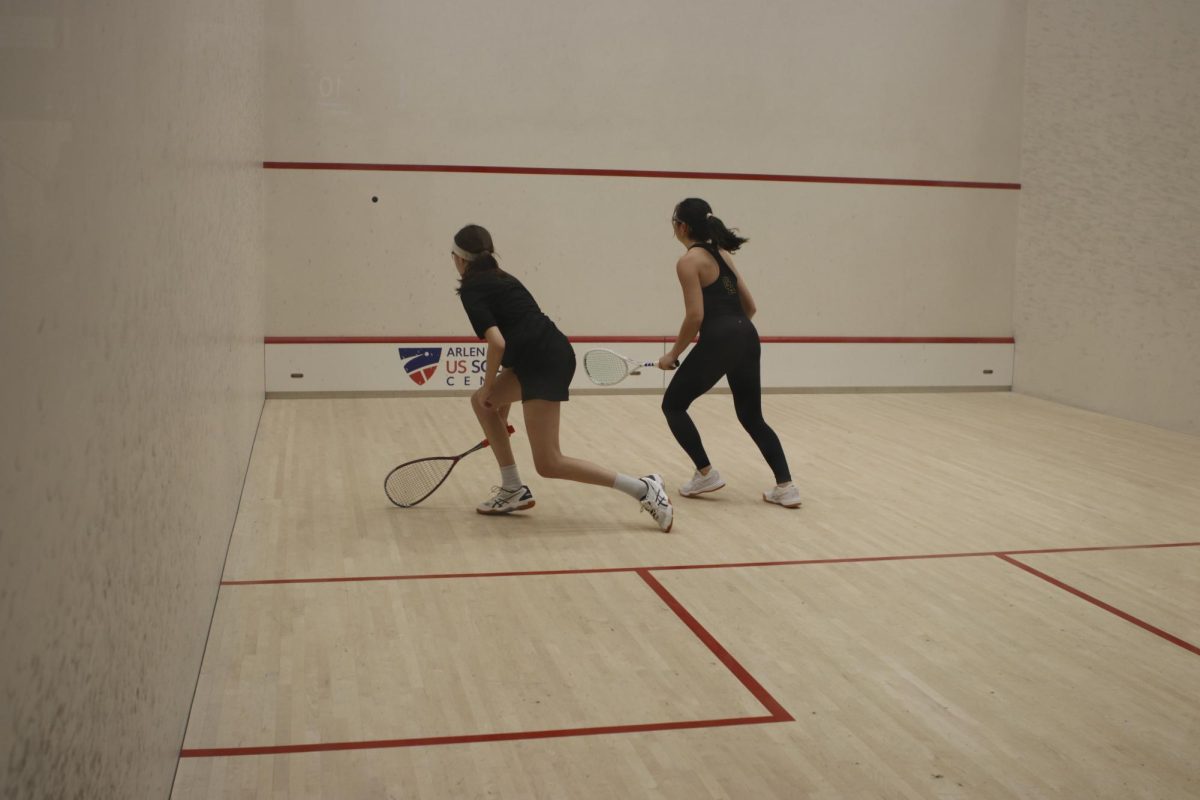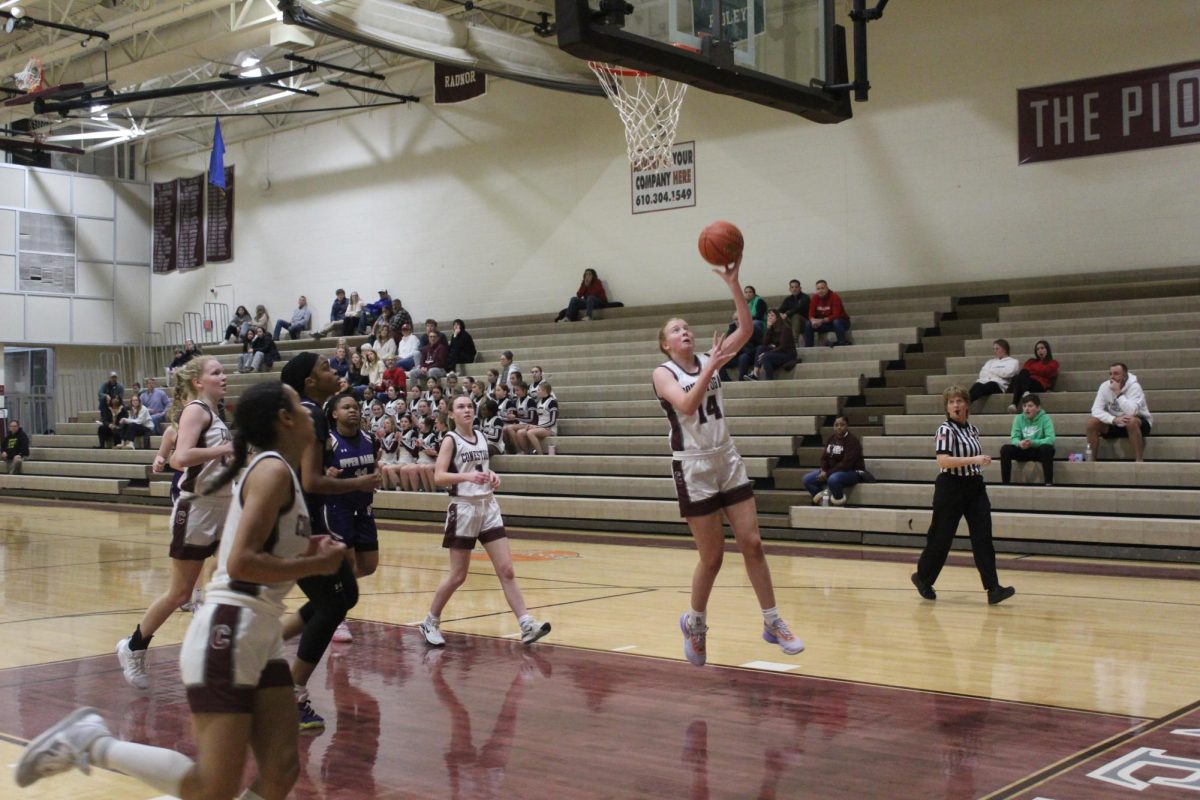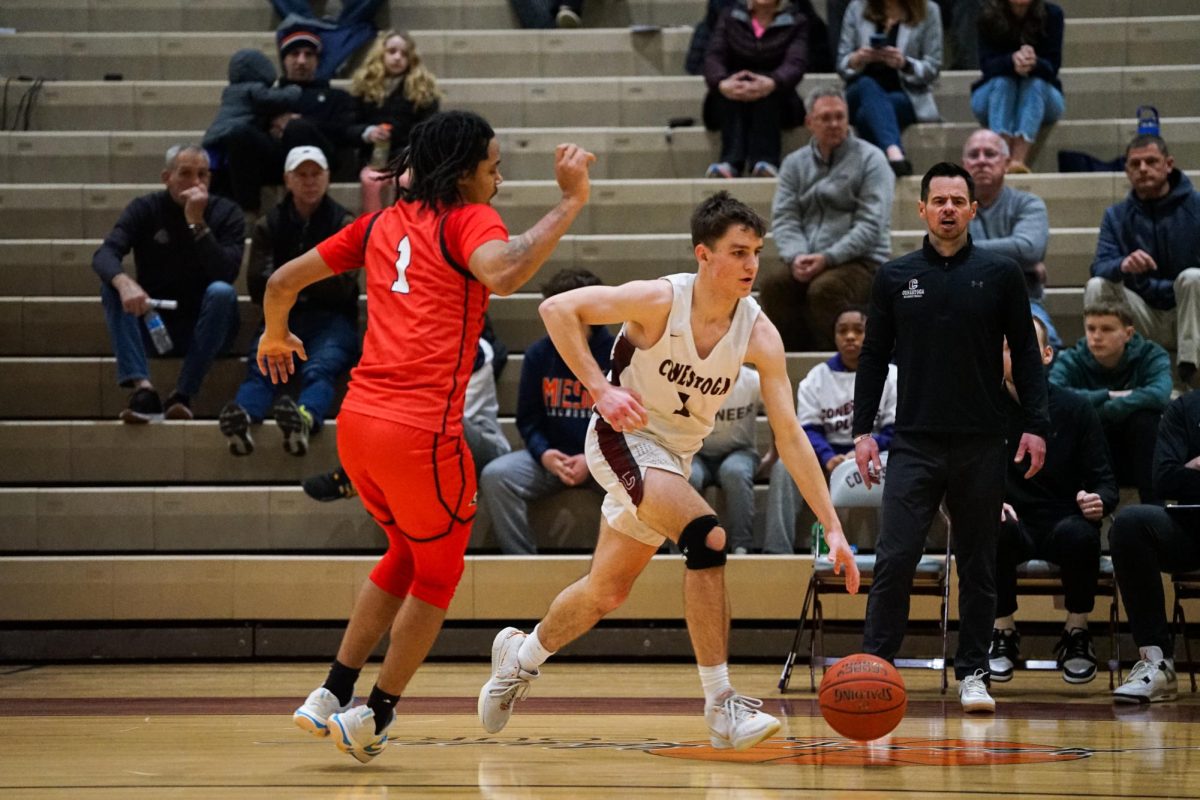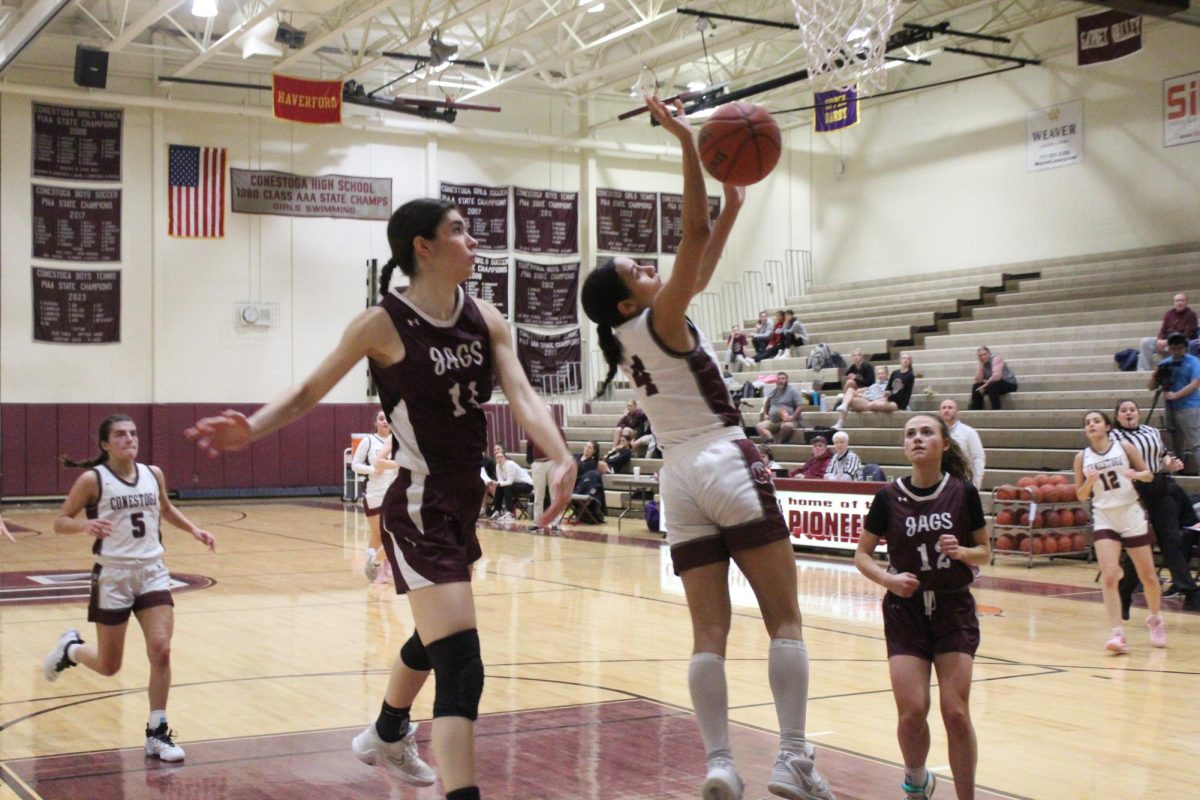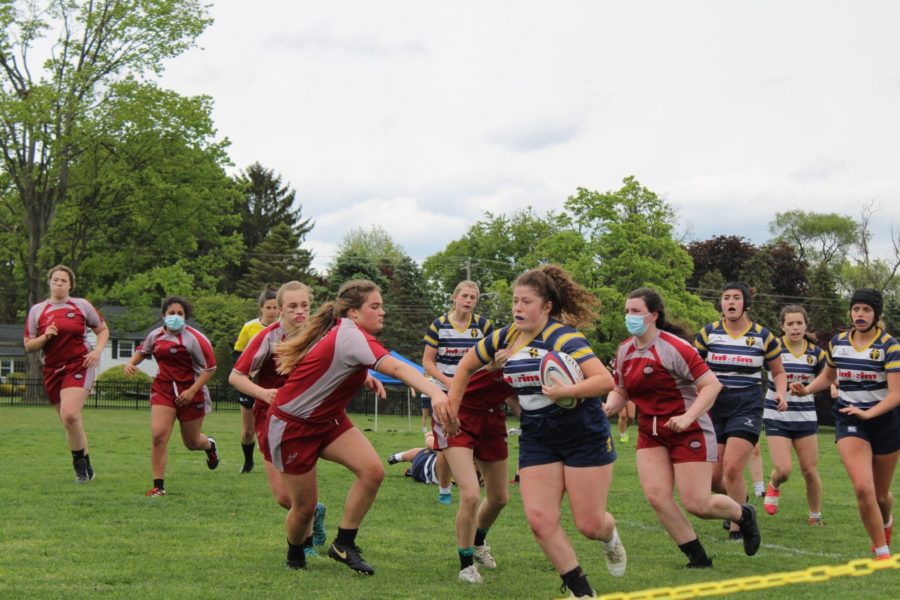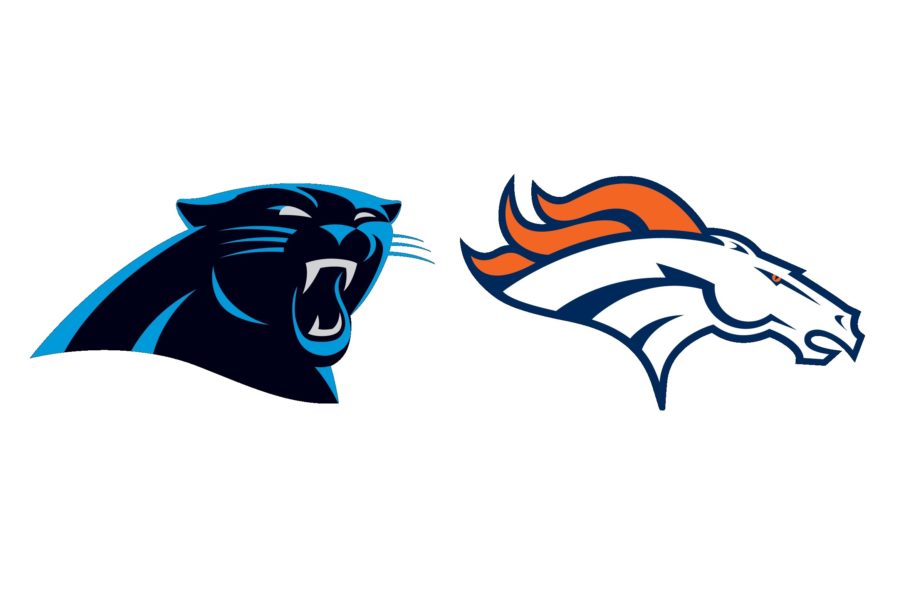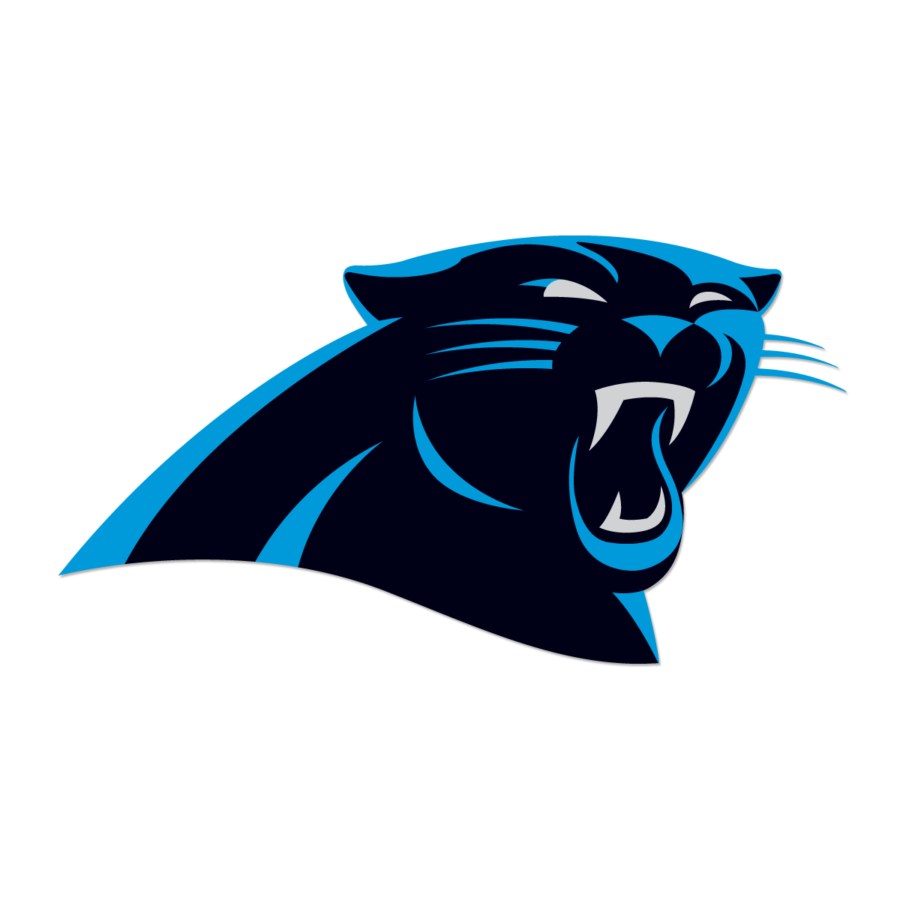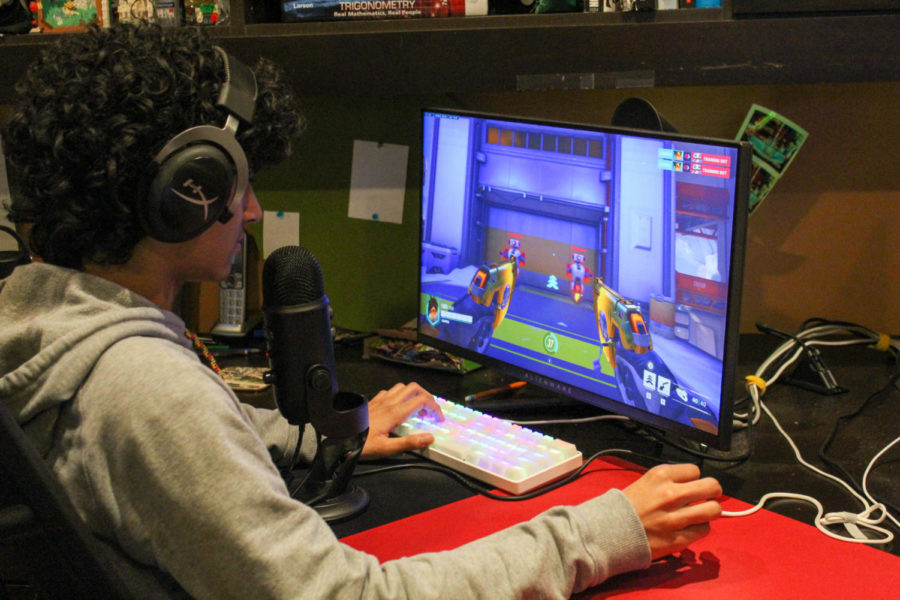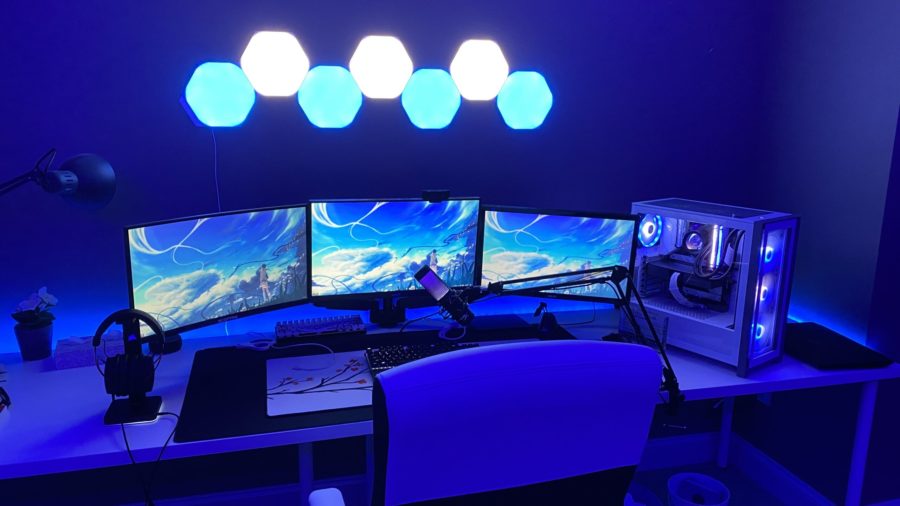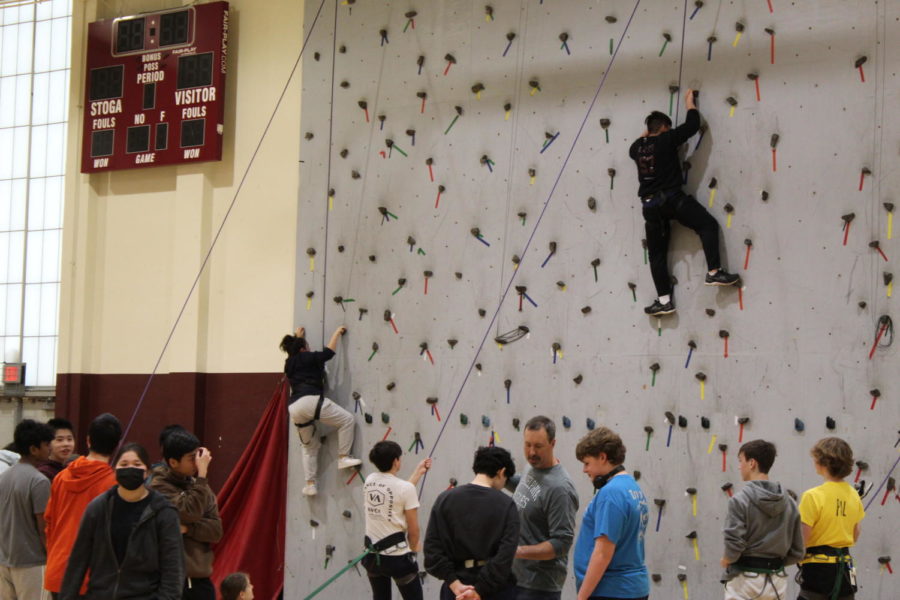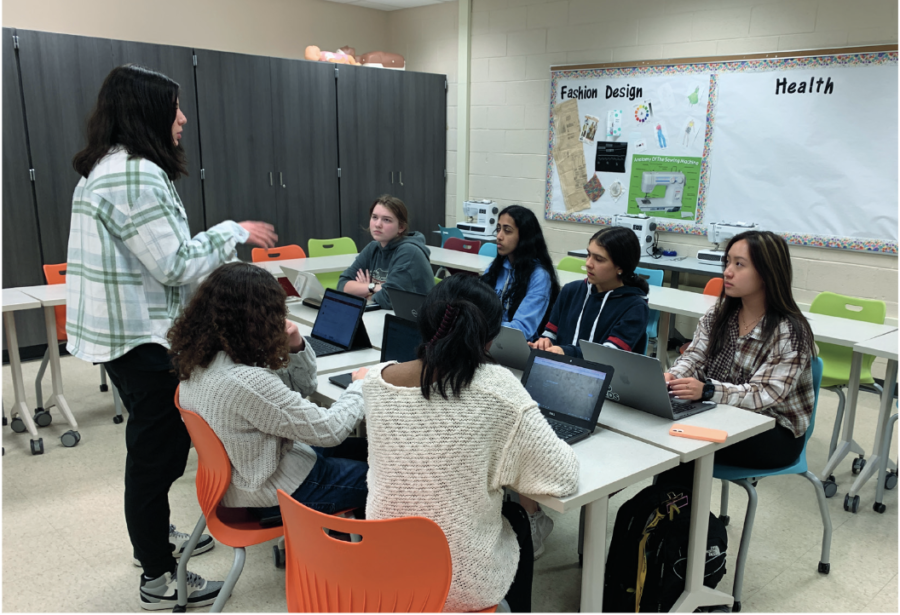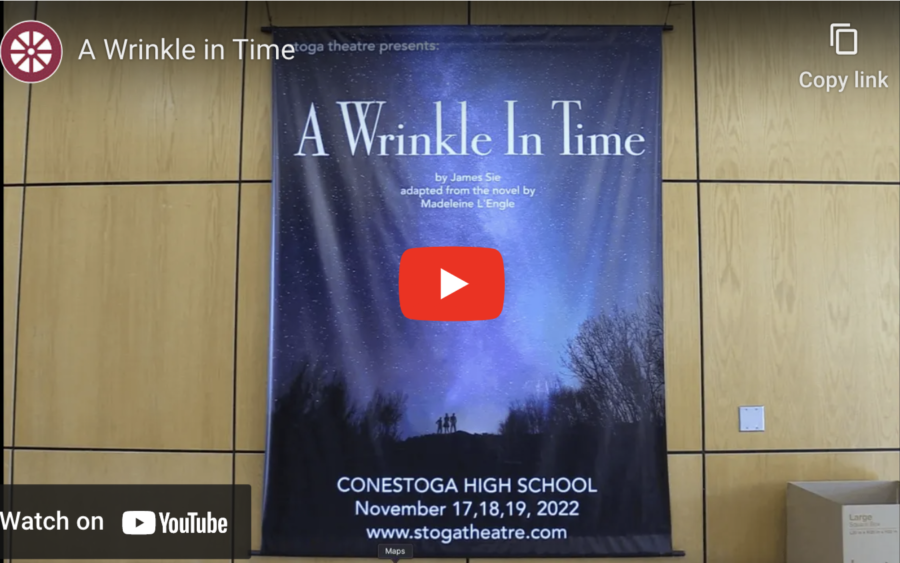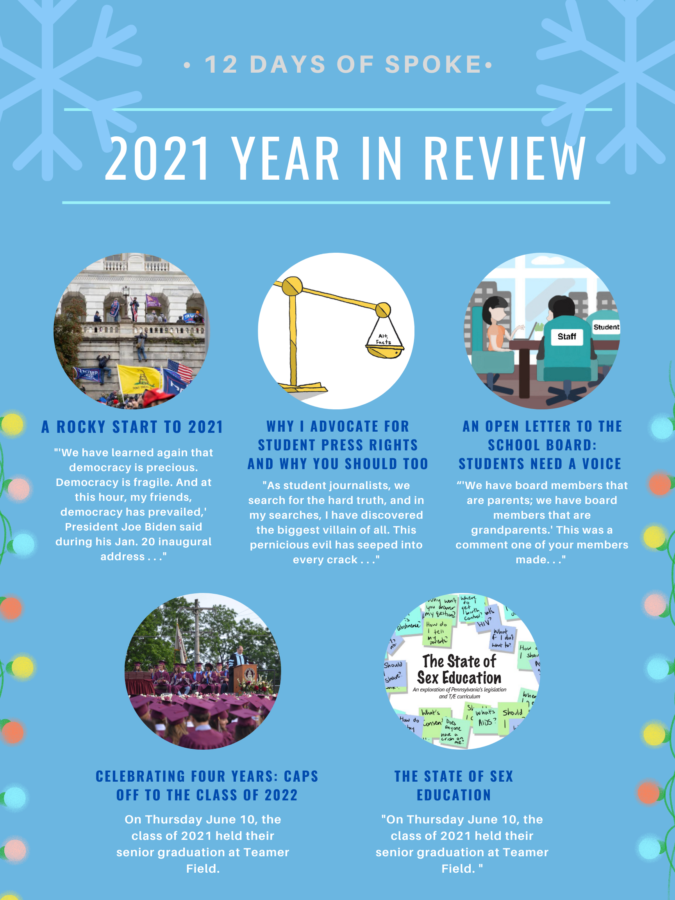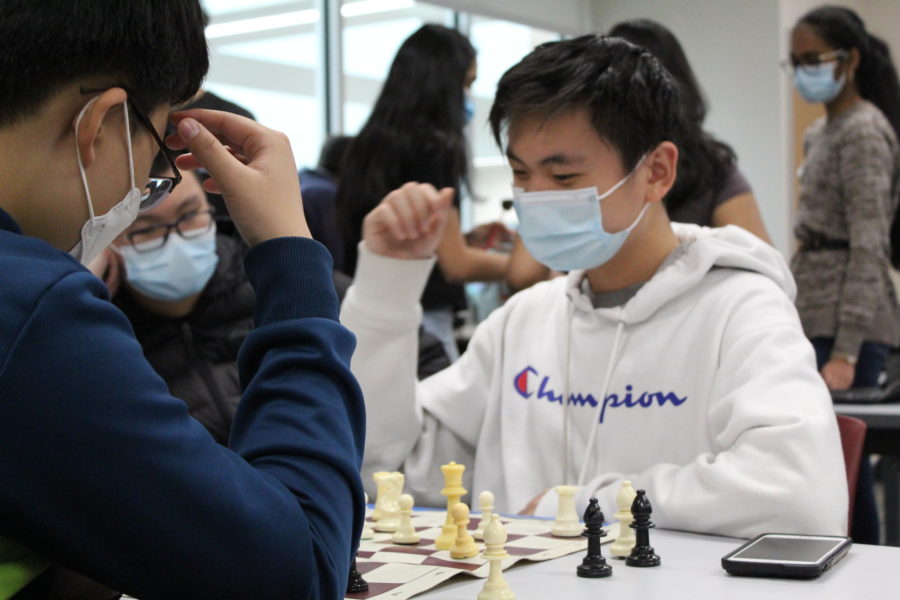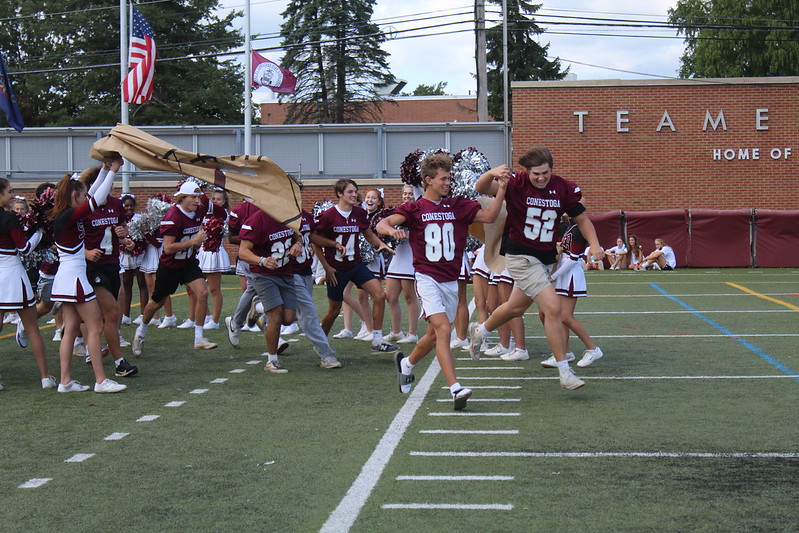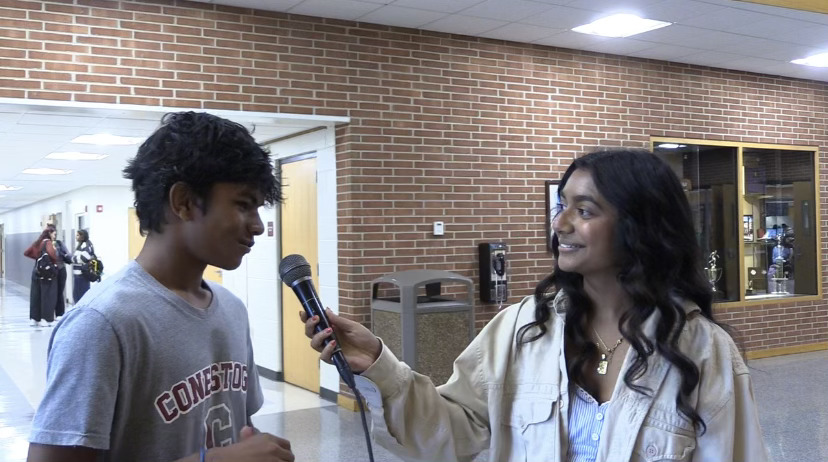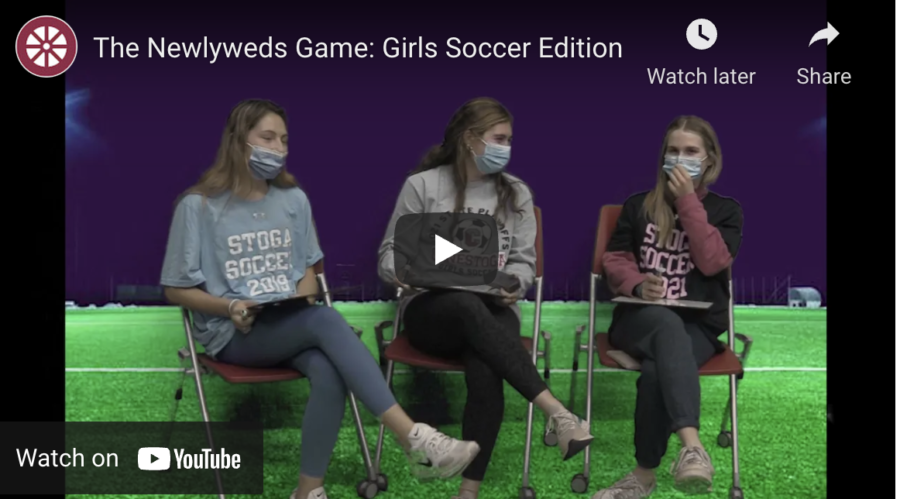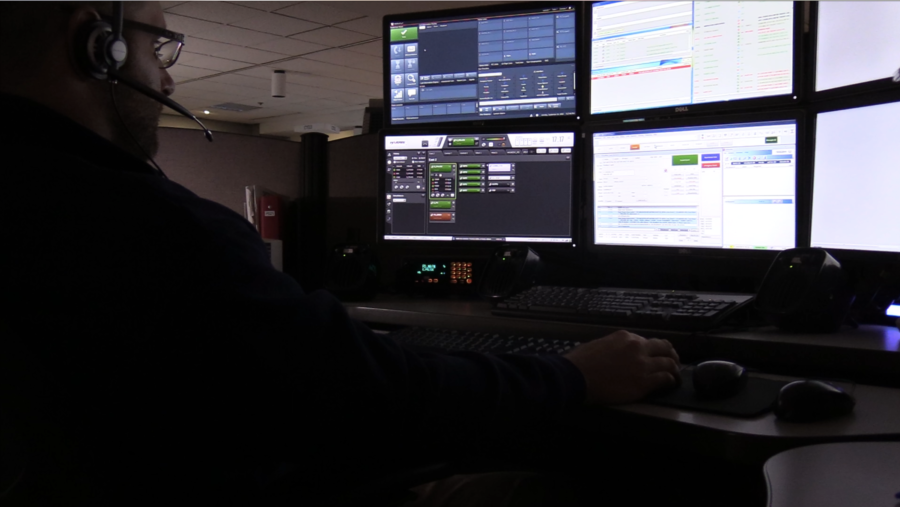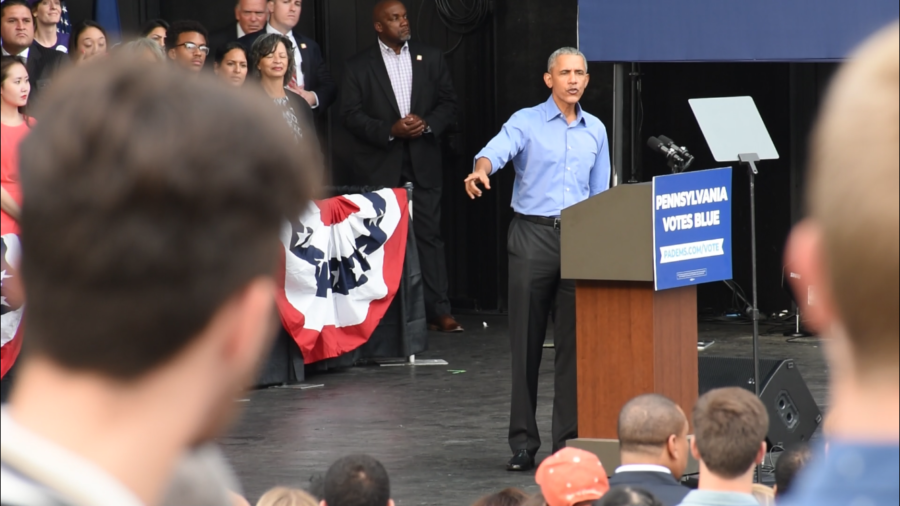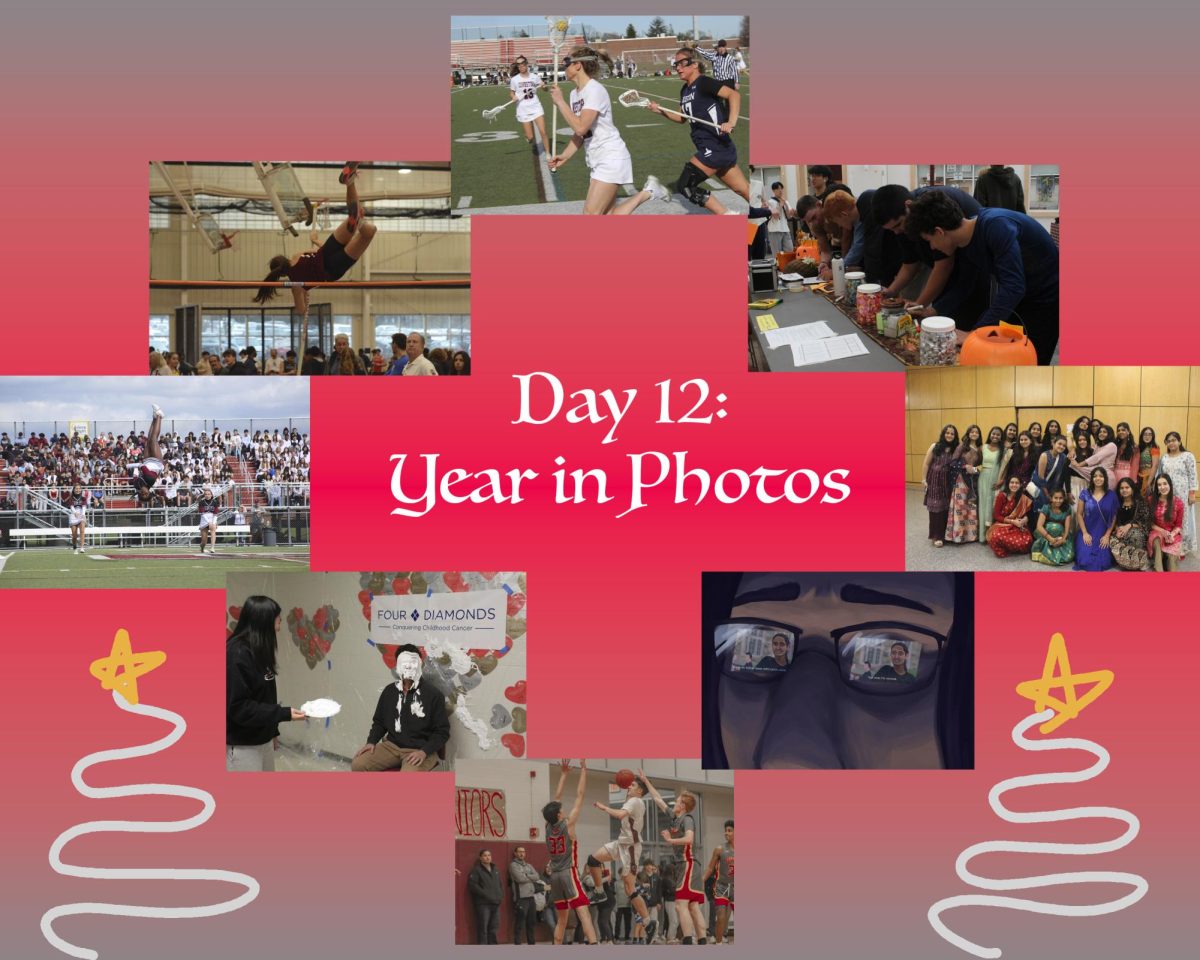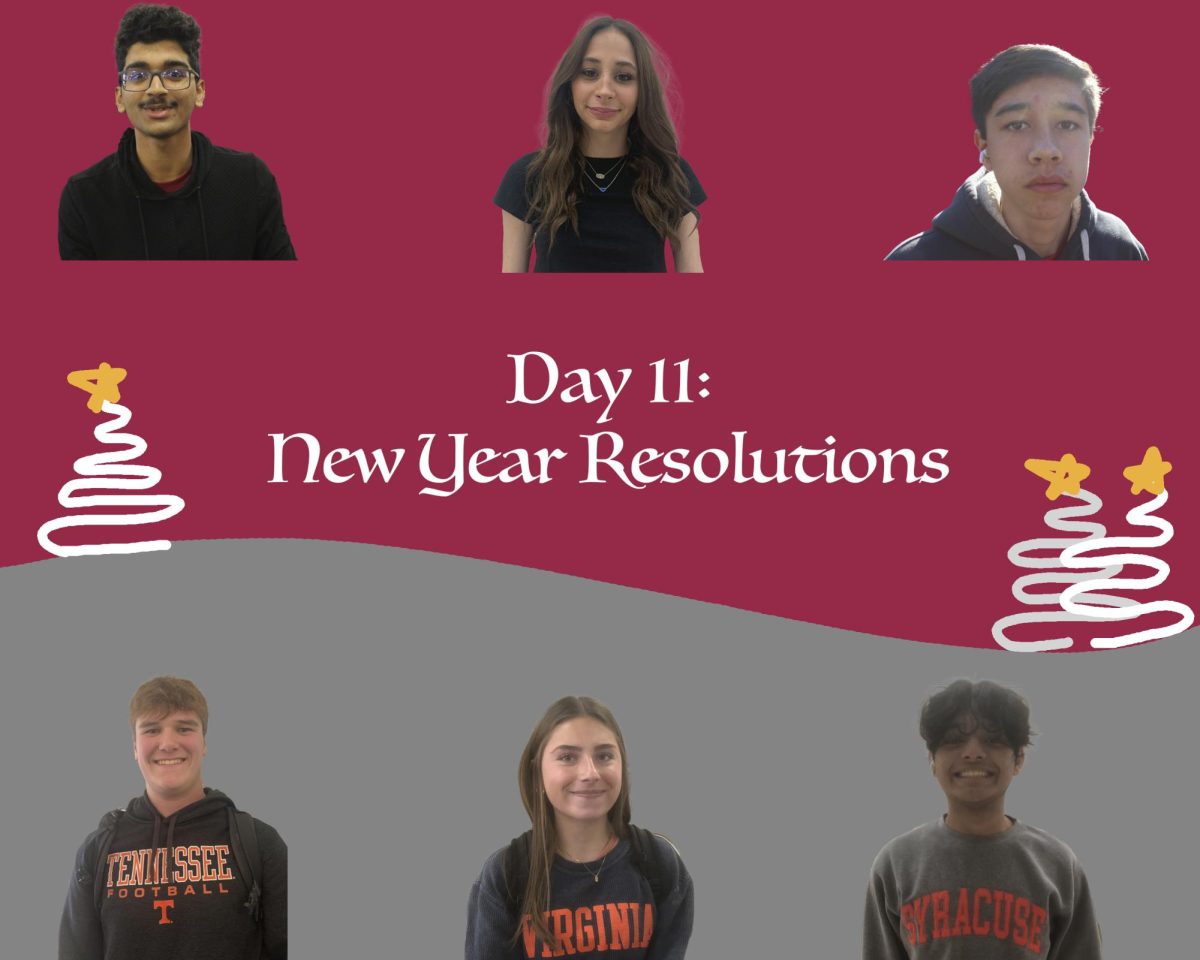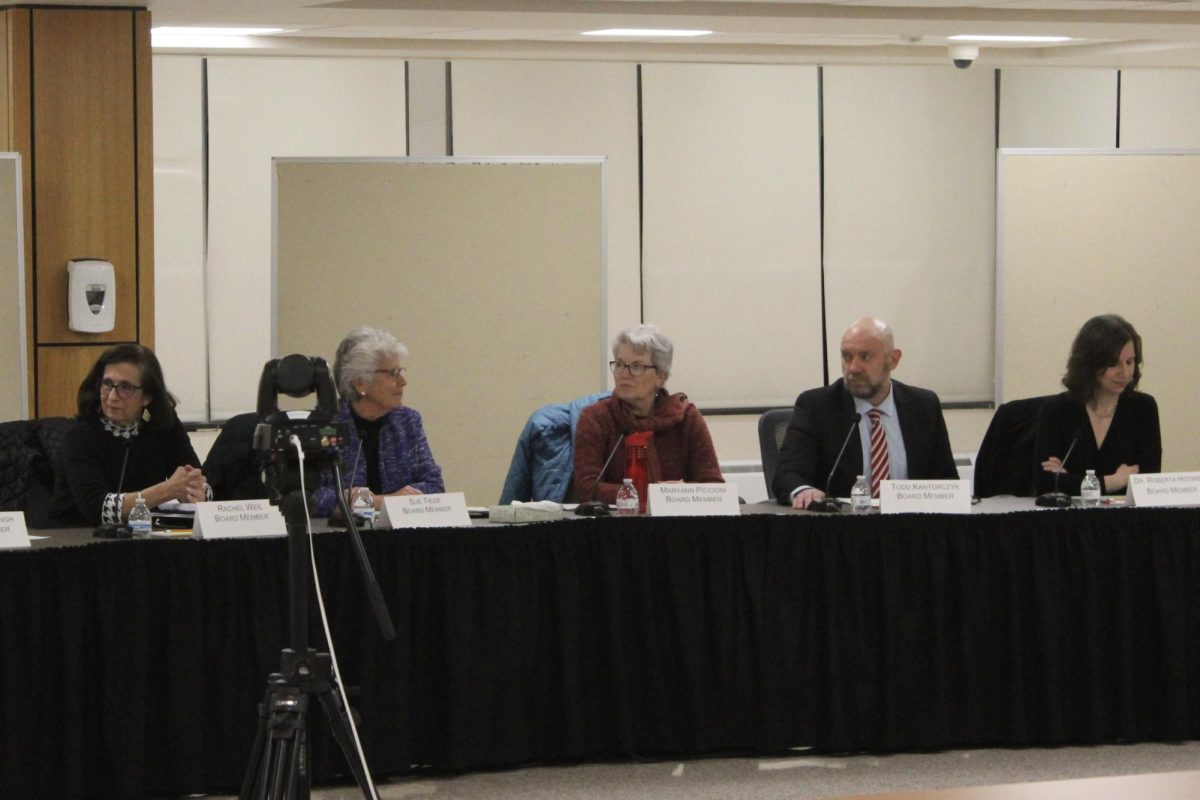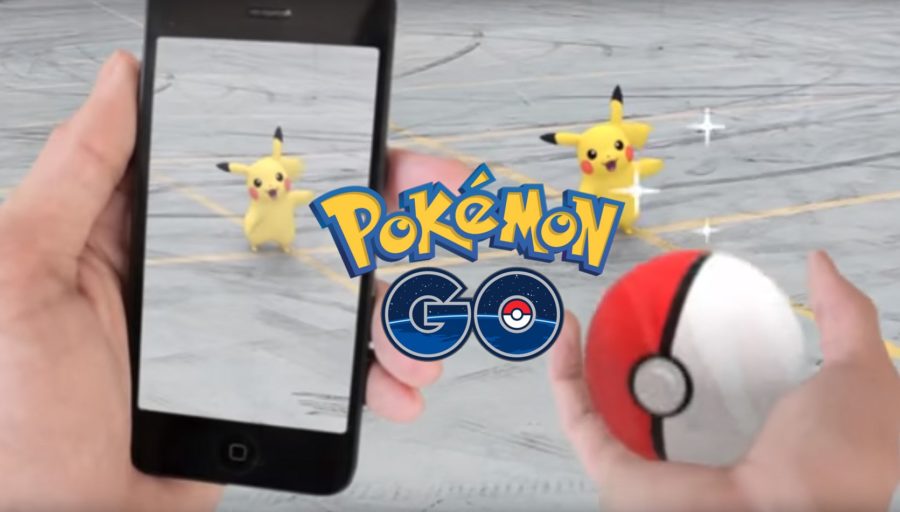By Justin Huang, Co-Convergence Editor
Over the summer, “Pokémon GO” caused notorious shut-ins to bask in the sun while catching Pokémon with its highly-anticipated release. The basic concept of the game was to walk around and look for Pokémon to catch that would appear on the screen – an application of augmented reality, where digital elements are added to the player’s environment. YouTube feeds were filled with clickbait while the internet overflowed with Pokémon-themed memes. The game topped app store charts and people couldn’t stop talking about it.
Almost four months have passed, and its name is rarely uttered in conversation. In one study conducted a month ago, the game lost 79 percent of its players. What happened to the player base in that time? Did the game just die off as another trend?
Before that decline, though, the majority of students in school couldn’t help but learn about the game. Some even decided to pick it up for a short while.
“I started playing the game because it was just like the biggest craze at the time, and everyone I knew was playing it, and it was pretty fun for the first couple of weeks. Of course, playing the “Pokemon” games and watching the TV shows as a little kid, I’m going to love playing the game and you can’t pass up on that,” sophomore Alex Connor said.
Connor, reached level 24 before deciding that the game wasn’t work the storage space in August. Besides the start of school and a loss of free time, Connor also mentioned a flaw in the game’s design.
“The game got pretty boring; it was repetitive, and I just didn’t have enough free time to walk around during school,” Connor said. “You’re really just doing the same thing over and over again, just catching (the same) Pokemon over and over again.”
Despite the game design’s flaws, Connor also expressed his opinion on the shortcomings of the developers, Niantic, Inc. He believes that the lack of activity on Niantic’s part was also a factor in the declining popularity of the game.
“They didn’t fix problems with the game that were there since the beginning, and they didn’t talk to the players – they didn’t communicate that well,” Connor said. “I felt that when school was starting, it was just the same thing, and the developers weren’t adding anything – it was just way too boring.”
With all this talk of Pokémon’s past failures, what will the future hold? Considering its rapidly shrinking player base, could the game bounce back and make a comeback? Connor doesn’t think so.
“I think it’d be pretty tough. It’s been way too long since the release of the game, and it’s hard to get that amount of players back. Especially now that the majority of their player base – most teenagers – are now in school. It would be near impossible to get back the entirety of their original players,” Connor said.
Besides the student body, a couple teachers in ’Stoga picked up the game as well. In the music department, Christopher Nation flicked at virtual monsters that popped up on his phone screen for three weeks.
“I was intrigued by the interest of the game on social media, and a bunch of kids told me to play it, so I picked it up,” Nation said. “The concept was entertaining as a real-world environment, but I did lose interest in it. The longer I played it, the more disenchanted I became.”
Even though he remembers all of the hype the game gained over social media, Nation does agree with Connor on the design’s repetitive flaw.
“I remember that most people who played had the same opinion or feelings that I did at the time. Once you begin playing, I think the game becomes boring over time. I just think that the fact that it’s the same thing over and over again – Just that the game doesn’t develop at all, it’s just the same thing. I mean, you’re just trying to catch Pokemon over and over again,” Nation said.
Even though the game was very controversial in July, Nation doubts that any action could be made to save the game from its destined fate.
“I think the game is beyond saving. I think even if they added in anything, since they already lost just a large percentage of players, I don’t think they’re getting them back,” Nation said.
Following the hype, Connor and Nation tried the game, but in the end, decided that the design simply had too many issues. Just because some people in the school dropped the game doesn’t that everybody did. In fact, senior Brian Parkes plays at least four times a week. Out of loyalty and actual interest in the game, he continue playing the game even after its drop in popularity.
“I’m a super big main series Pokemon fan, and this is such a new IP for Nintendo so I was really interested,” Parkes said. “I’ve played tons of spin off games and this step into (augmented reality) looked really cool.”
Parkes believes that to Pokémon fans, the game has a lot to offer. Its real-world application is something that he appreciates in particular.
“I love Pokemon and think that Pokemon GO is super addictive and easy to play whenever. It’s really fun to be able to quickly pull out my phone, look at my Pokemon and see what’s around,” Parkes said.
One other way that stimulates his interest is the Pokédex: a record of all the Pokémon that a player has caught. Filling it up takes a lot of time and effort, and Parkes figured out a creative way to tie that to his friends.
“A lot of my friends still play and completing the Pokédex is sort of a competition between us, which keeps me constantly playing,” Parkes said.
Seeing the number of people playing the game in mid-July fall drastically did not faze Parkes at all. After all, how can something that you expected to happen surprise you?
“I’m not surprised so many people have stopped playing,” Parkes said. “It was a viral game and the initial boom was bound to dwindle. I think only people who actually play Pokemon stuck with the app especially because it was in desperate need of patches and features.”
After a couple months, Parkes has continued to stick with the app. He believes that the game can create more than just a sense of entertainment. By remaking the definition of a Pokémon game, it created unity among its players.
“The best part of Pokemon GO in my opinion is the ability to make Pokemon a less personal game and turn it into a community,” Parkes said. “Taking down gyms, hunting down rare Pokemon, and sharing catch secrets made the game really engaging.”
Justin Huang can be reached at [email protected].
